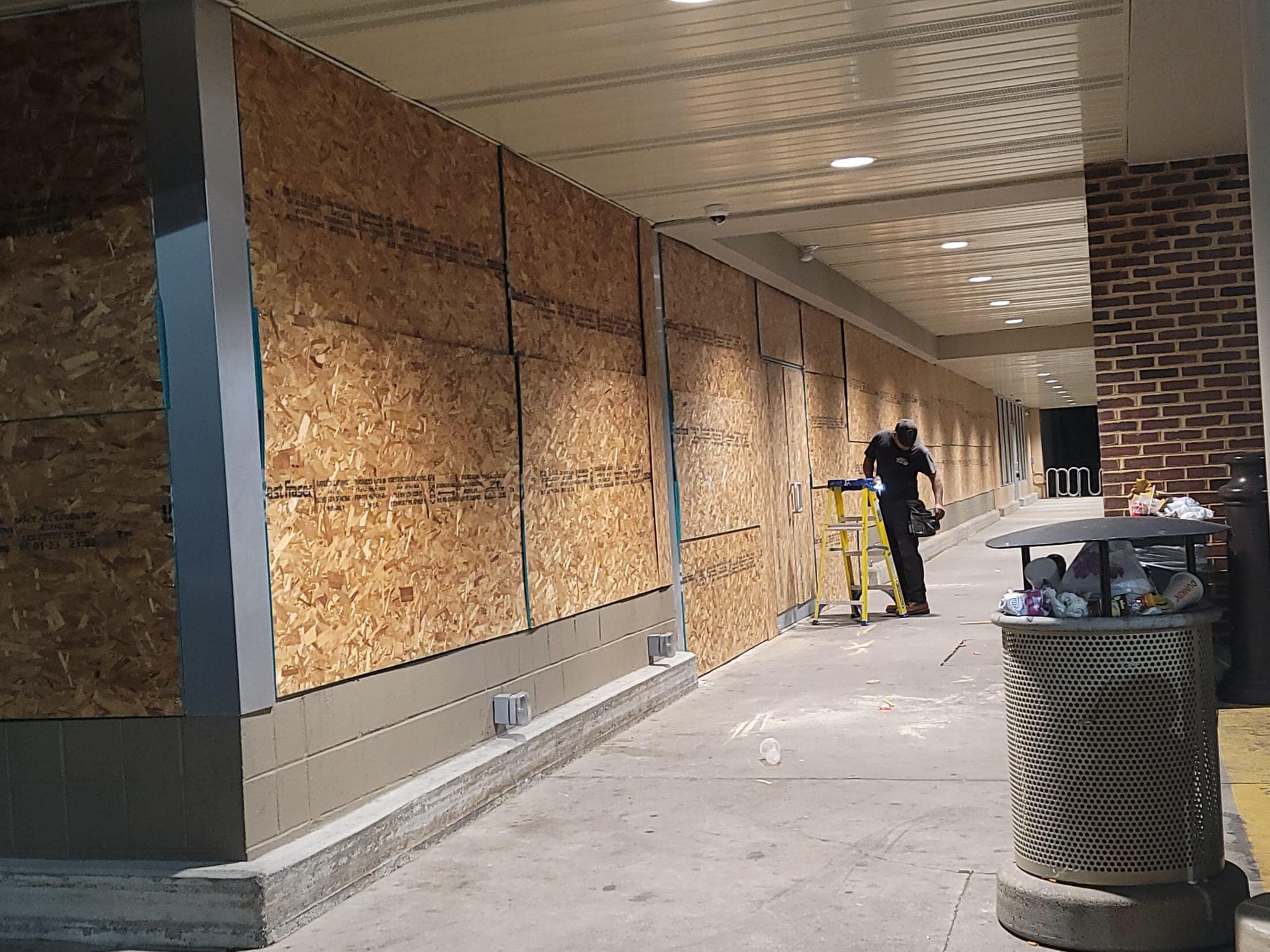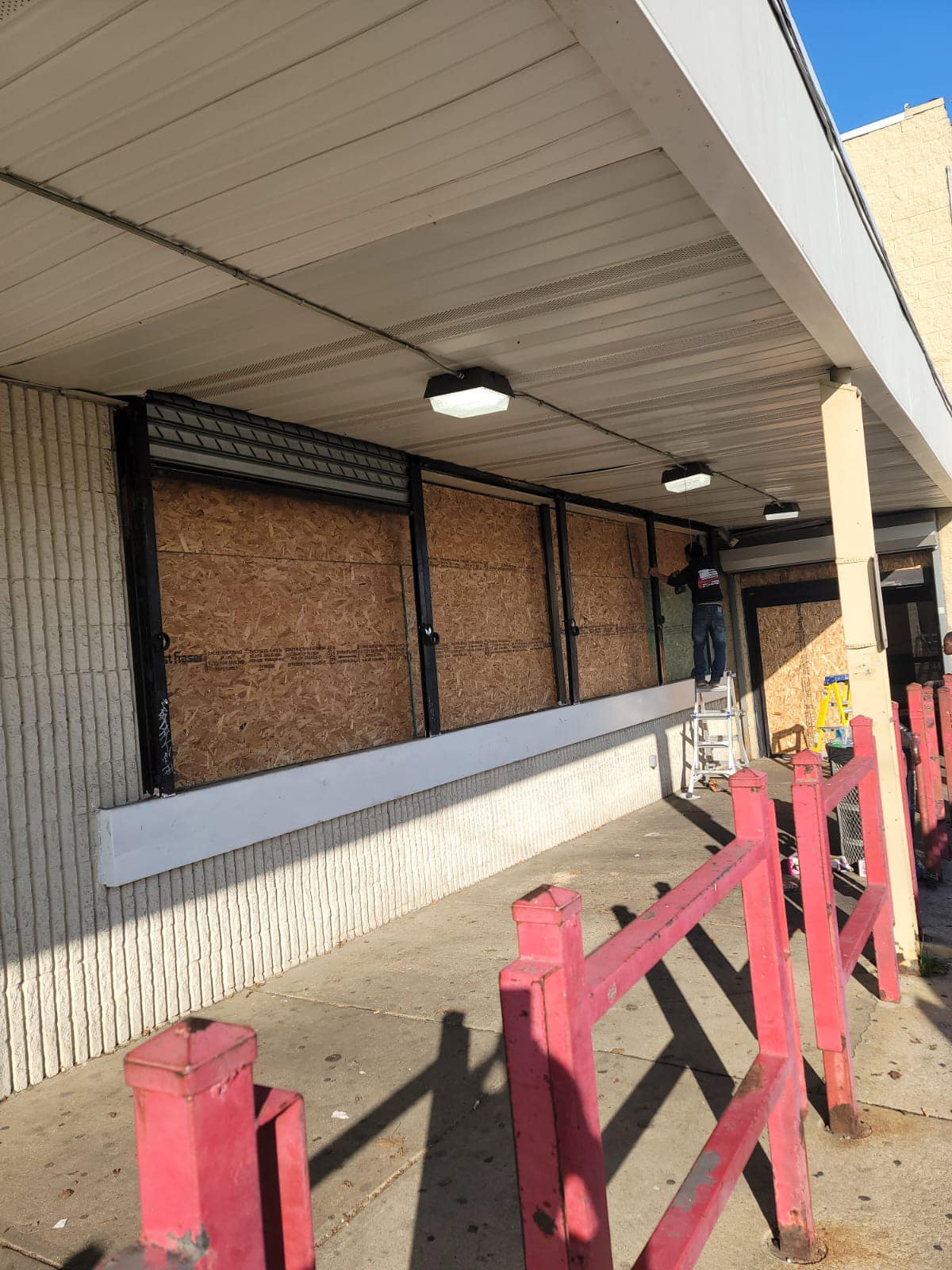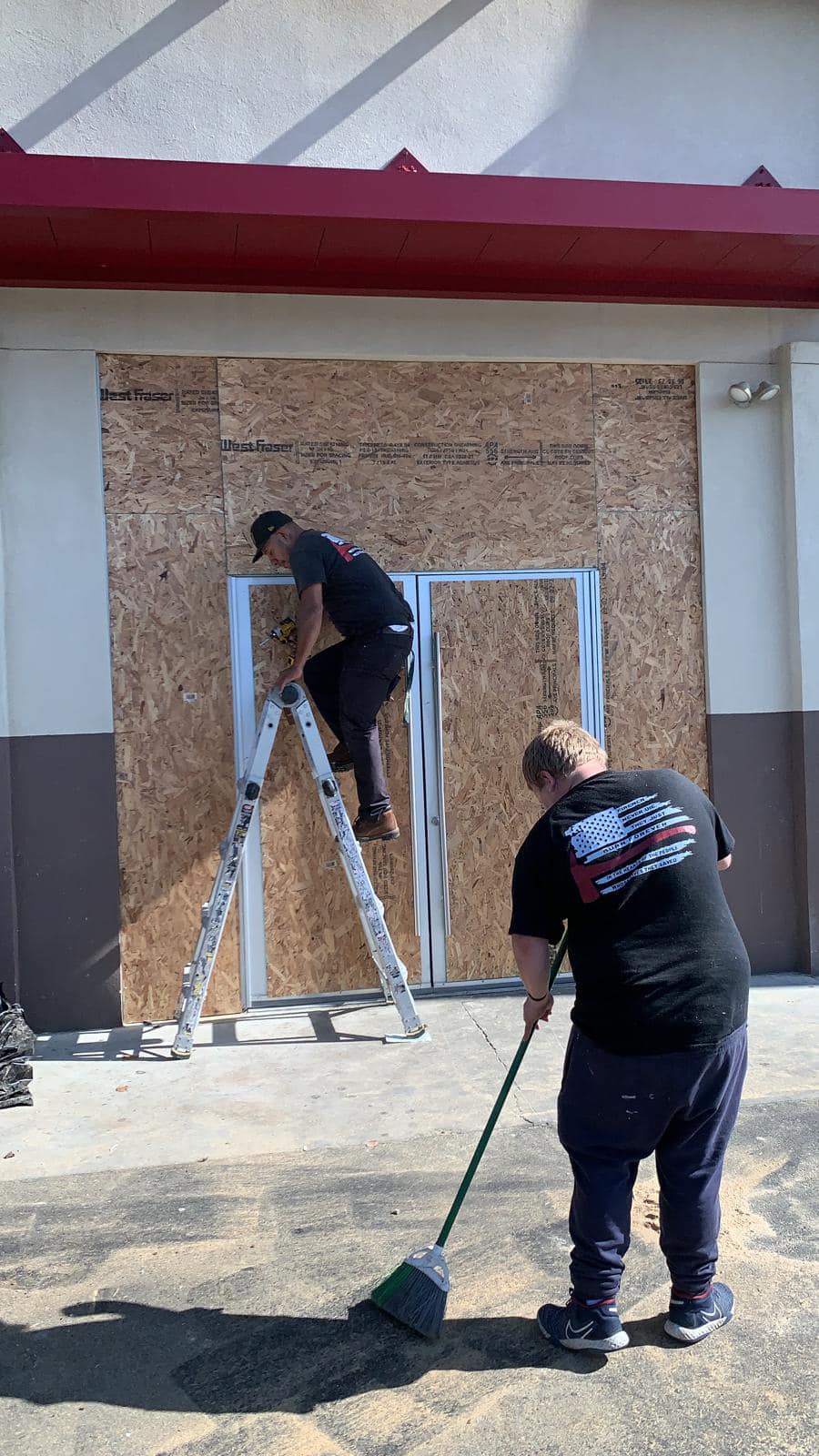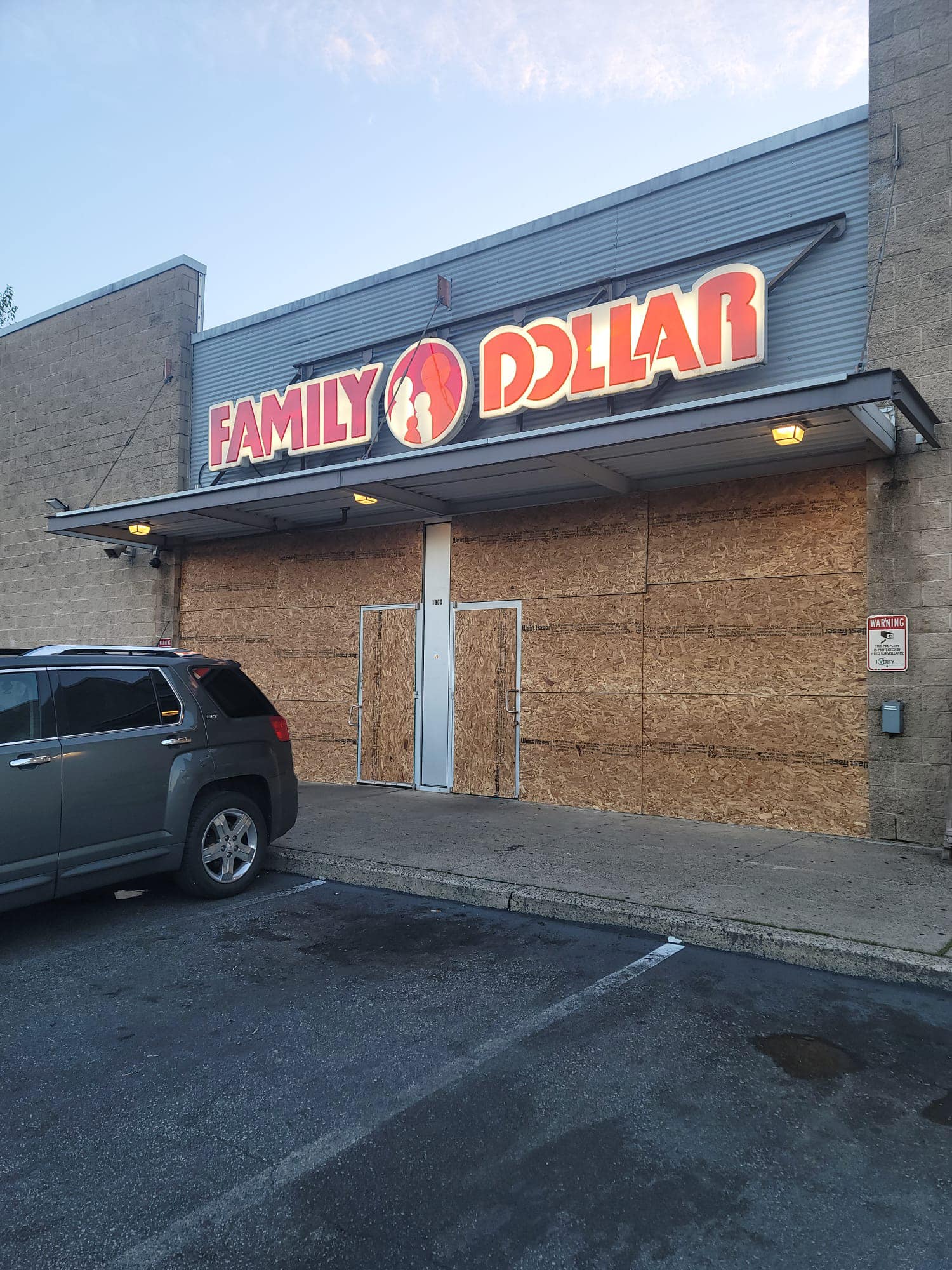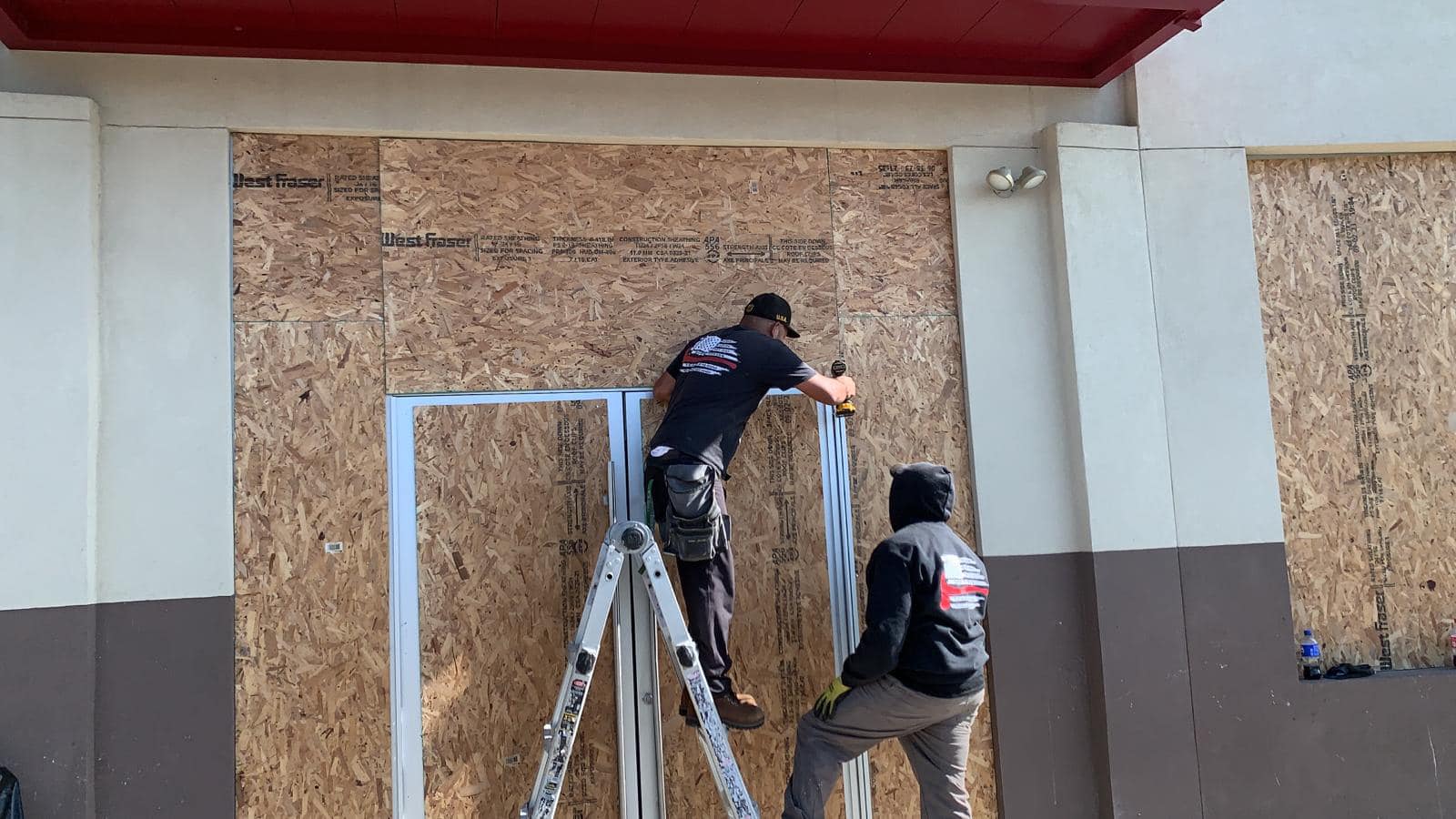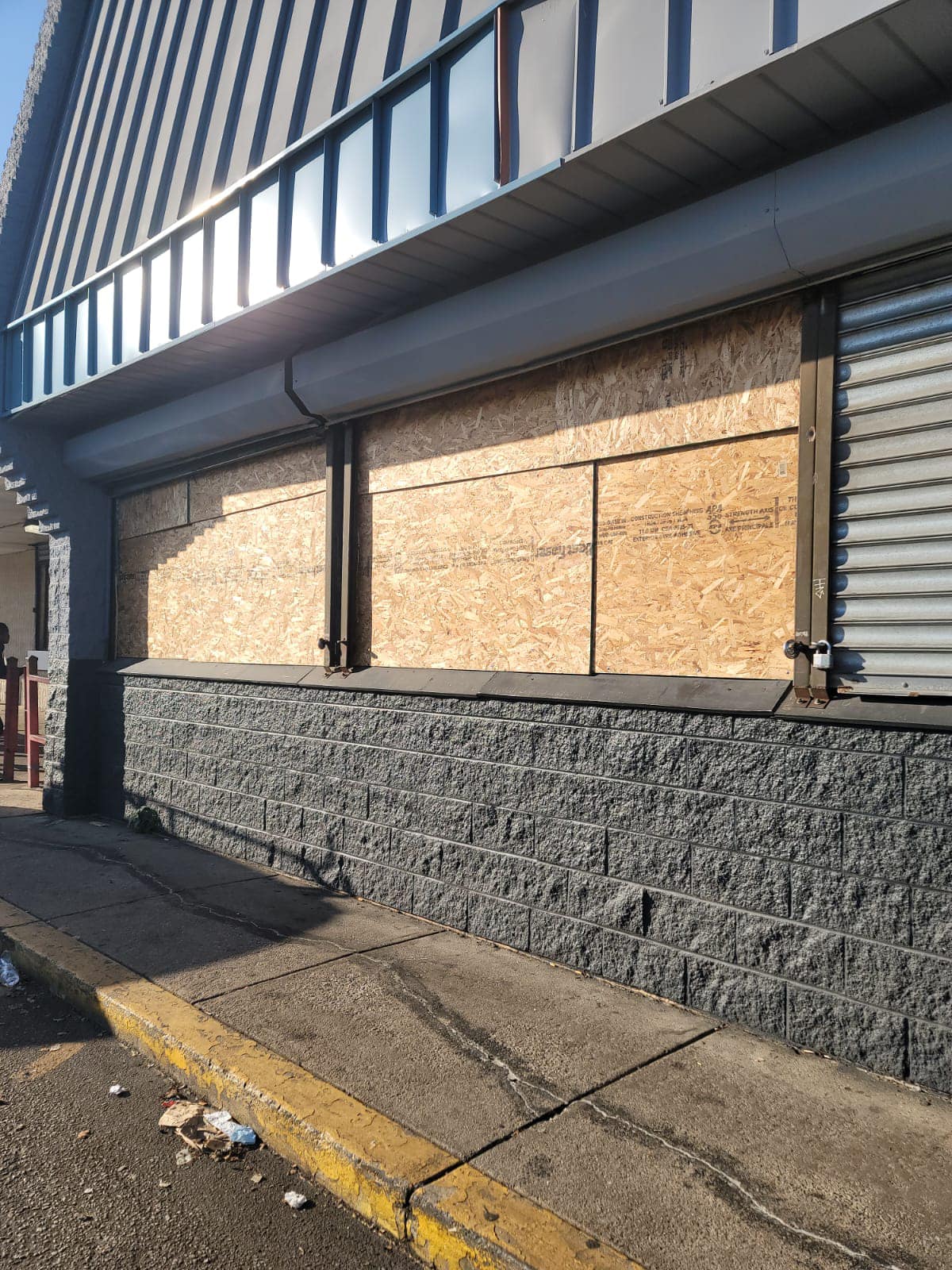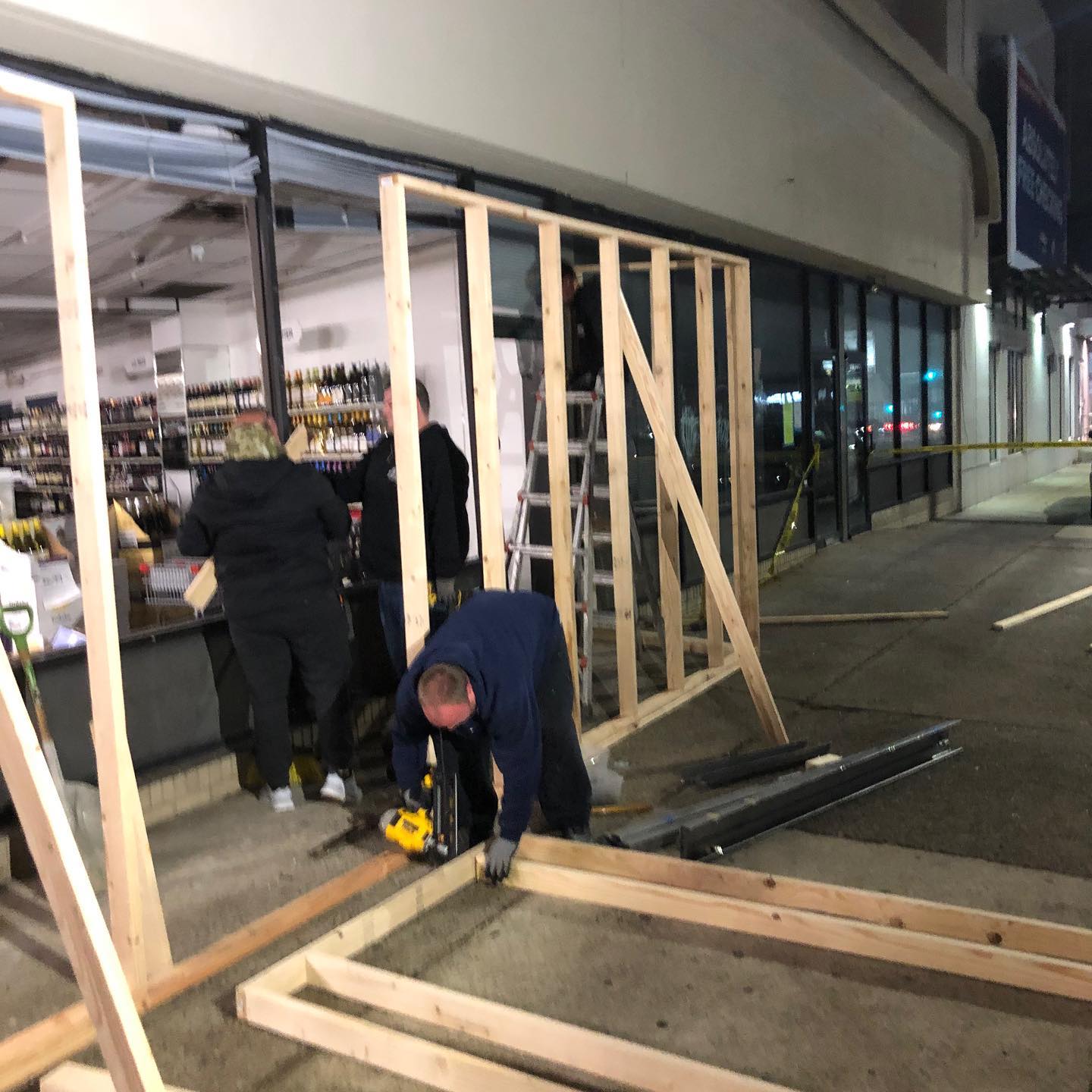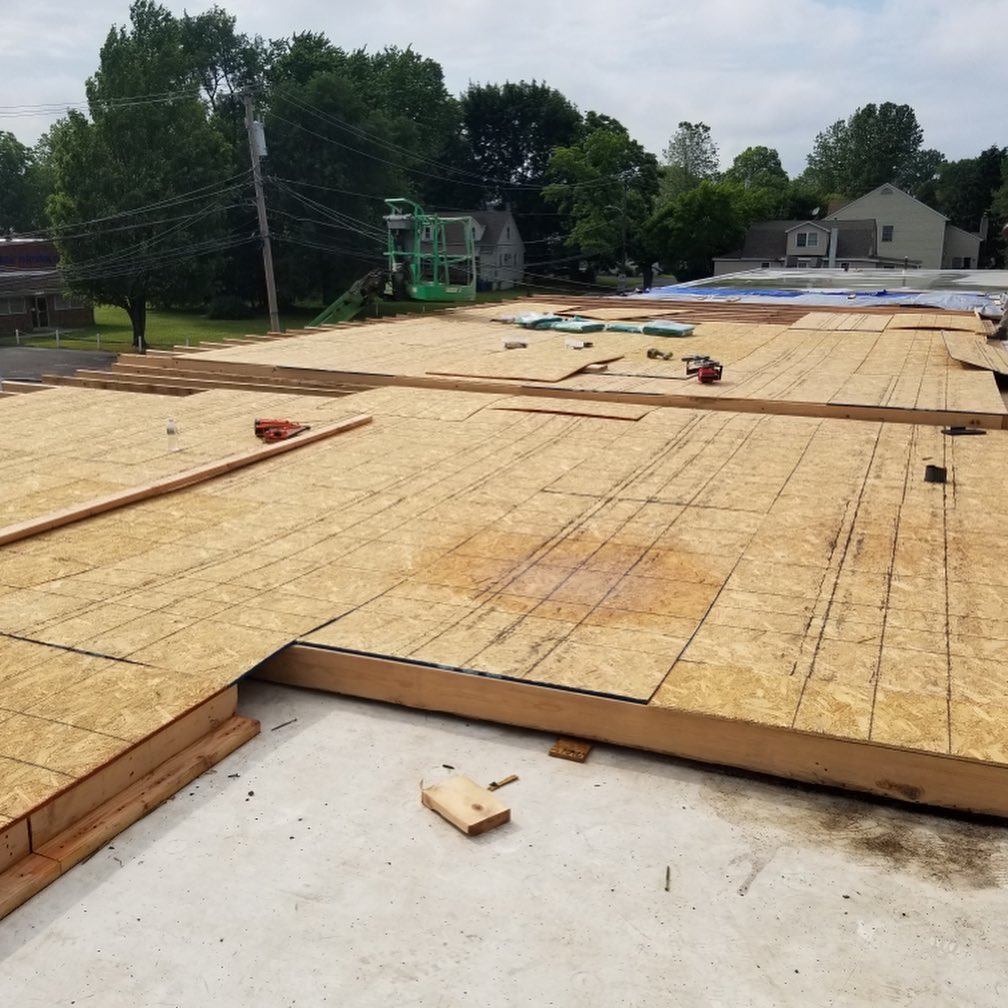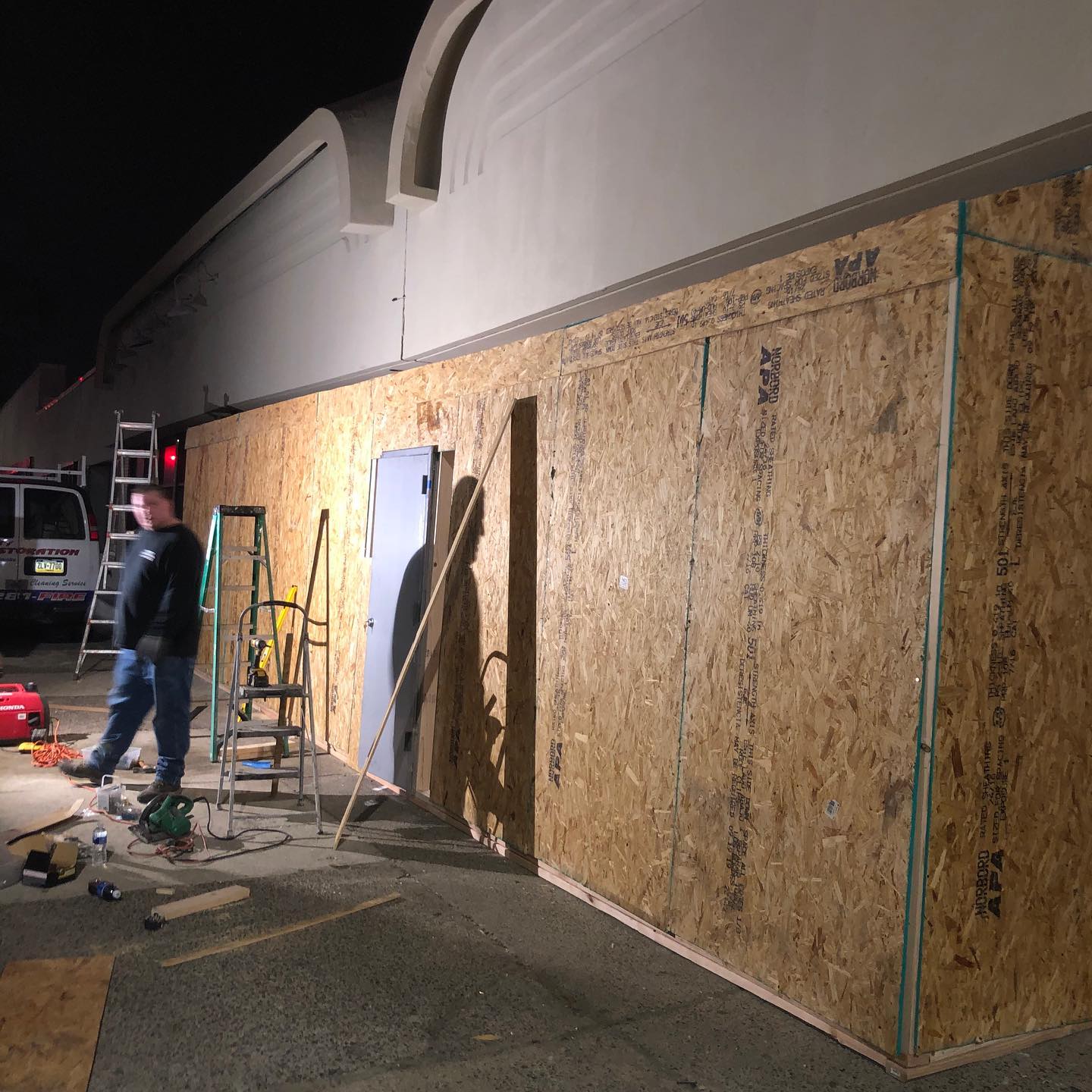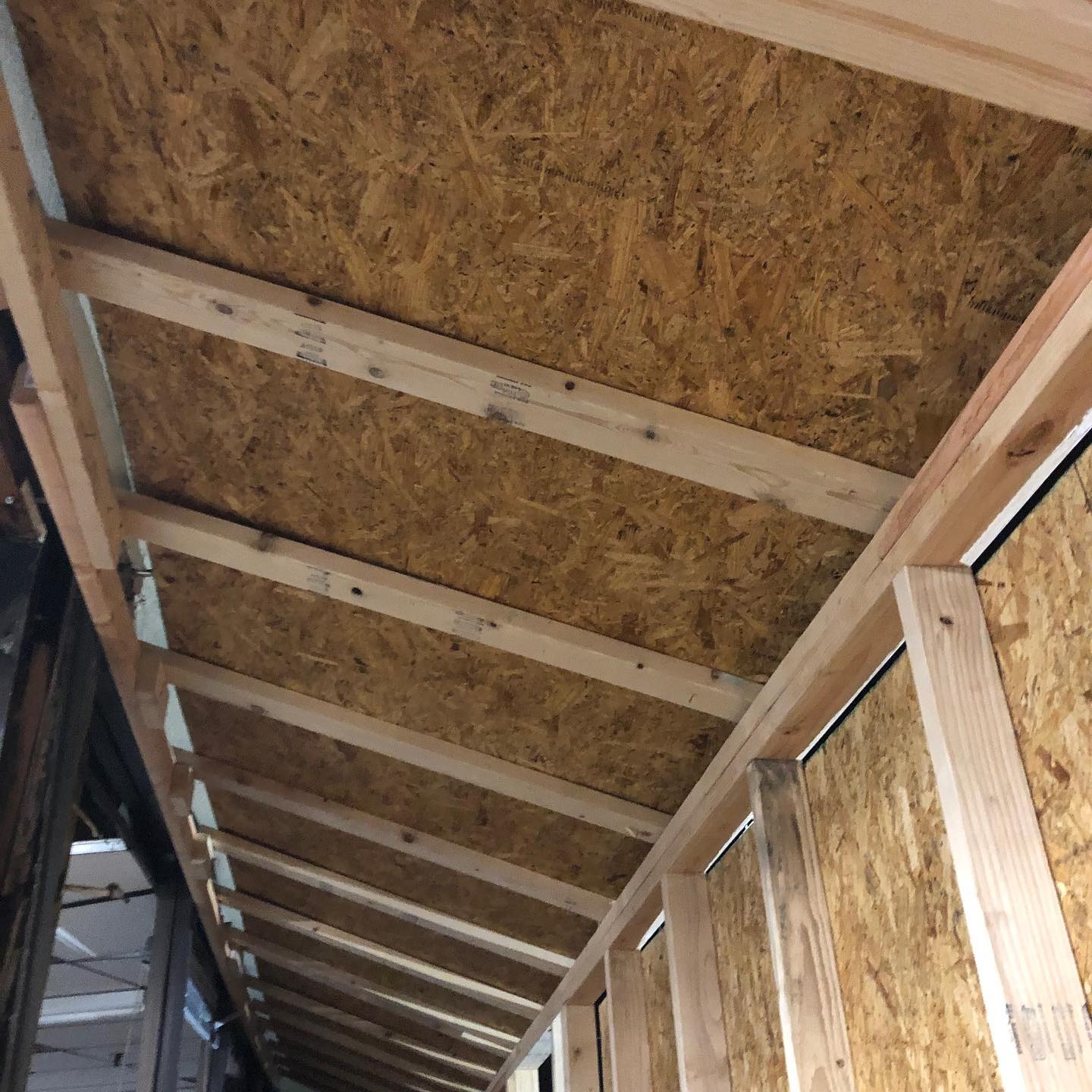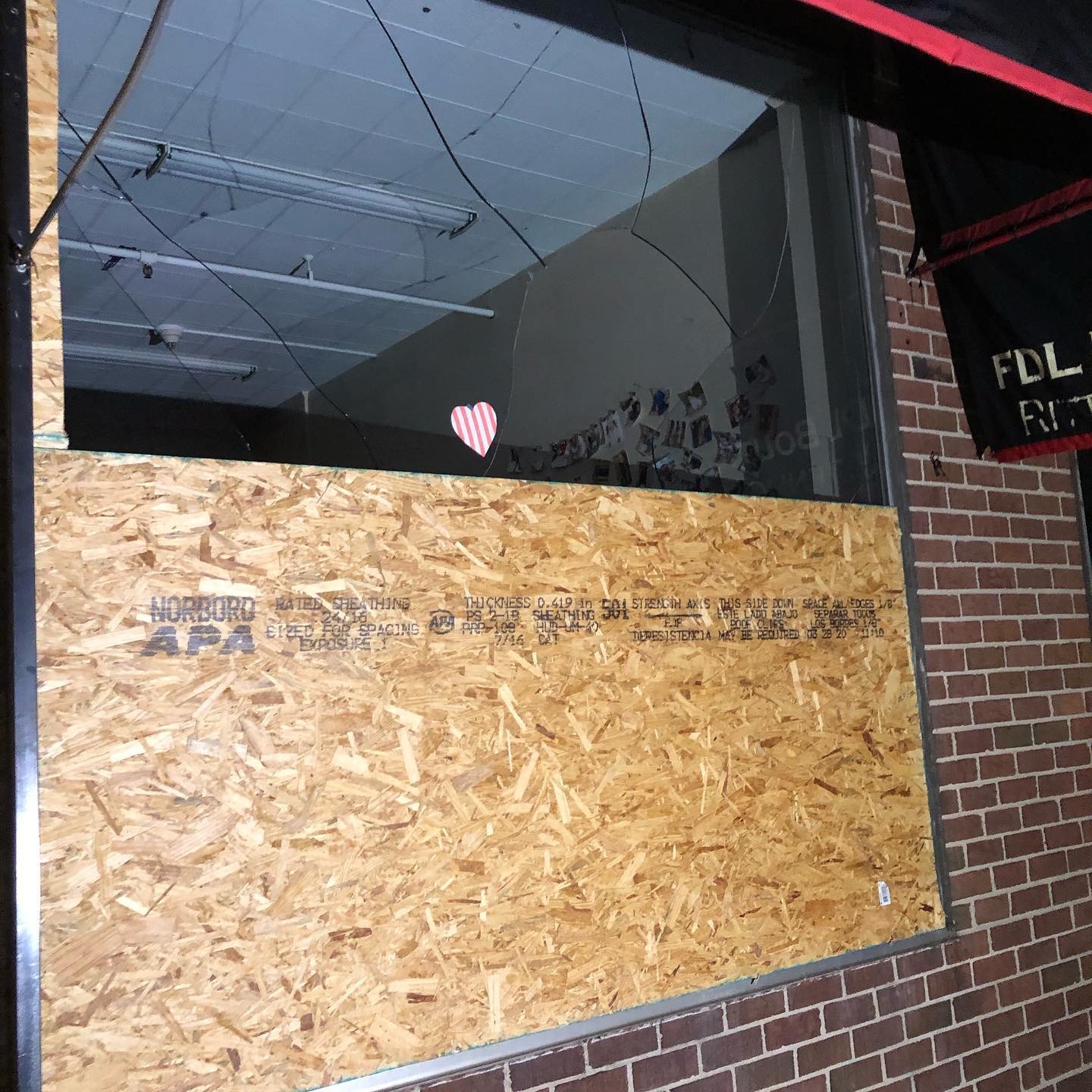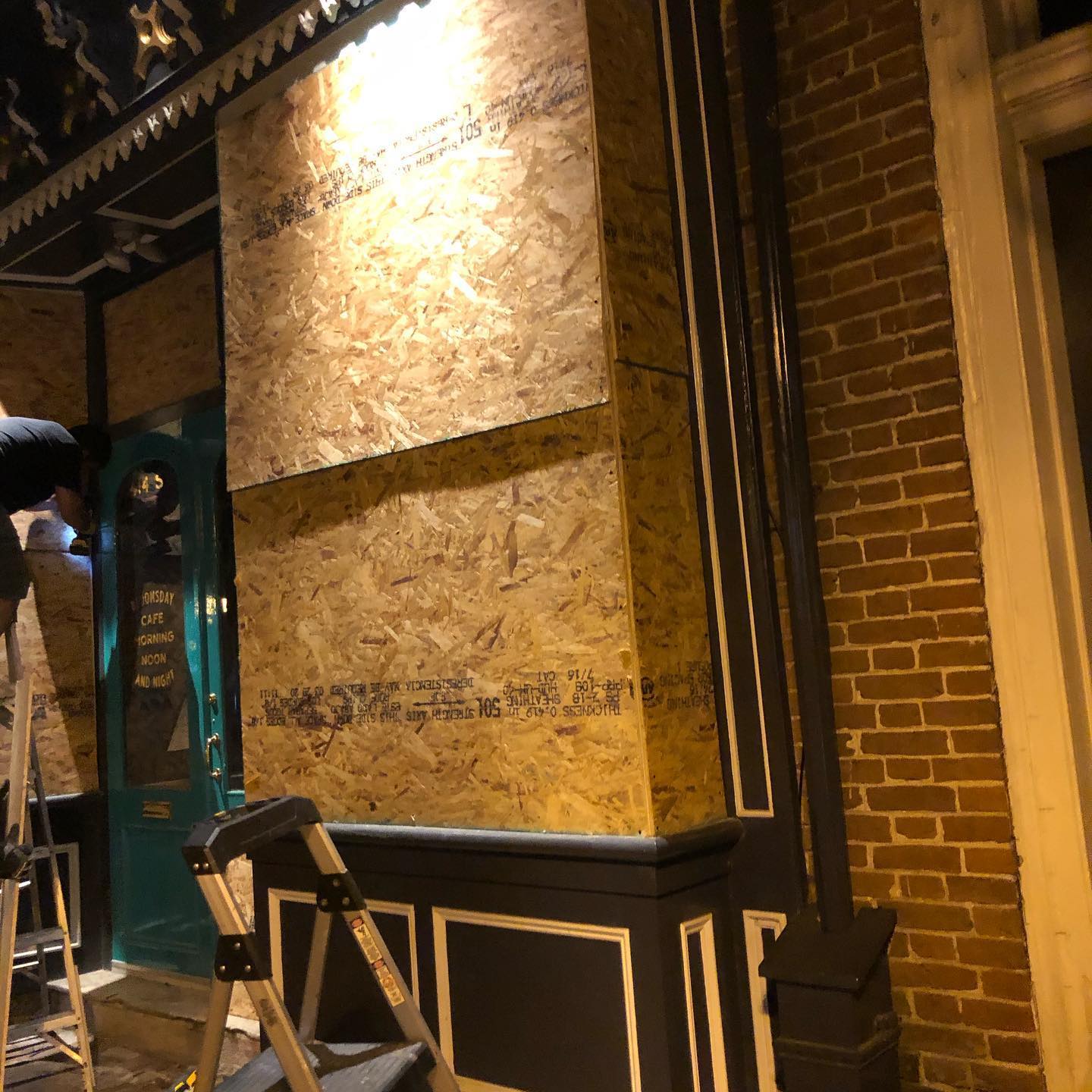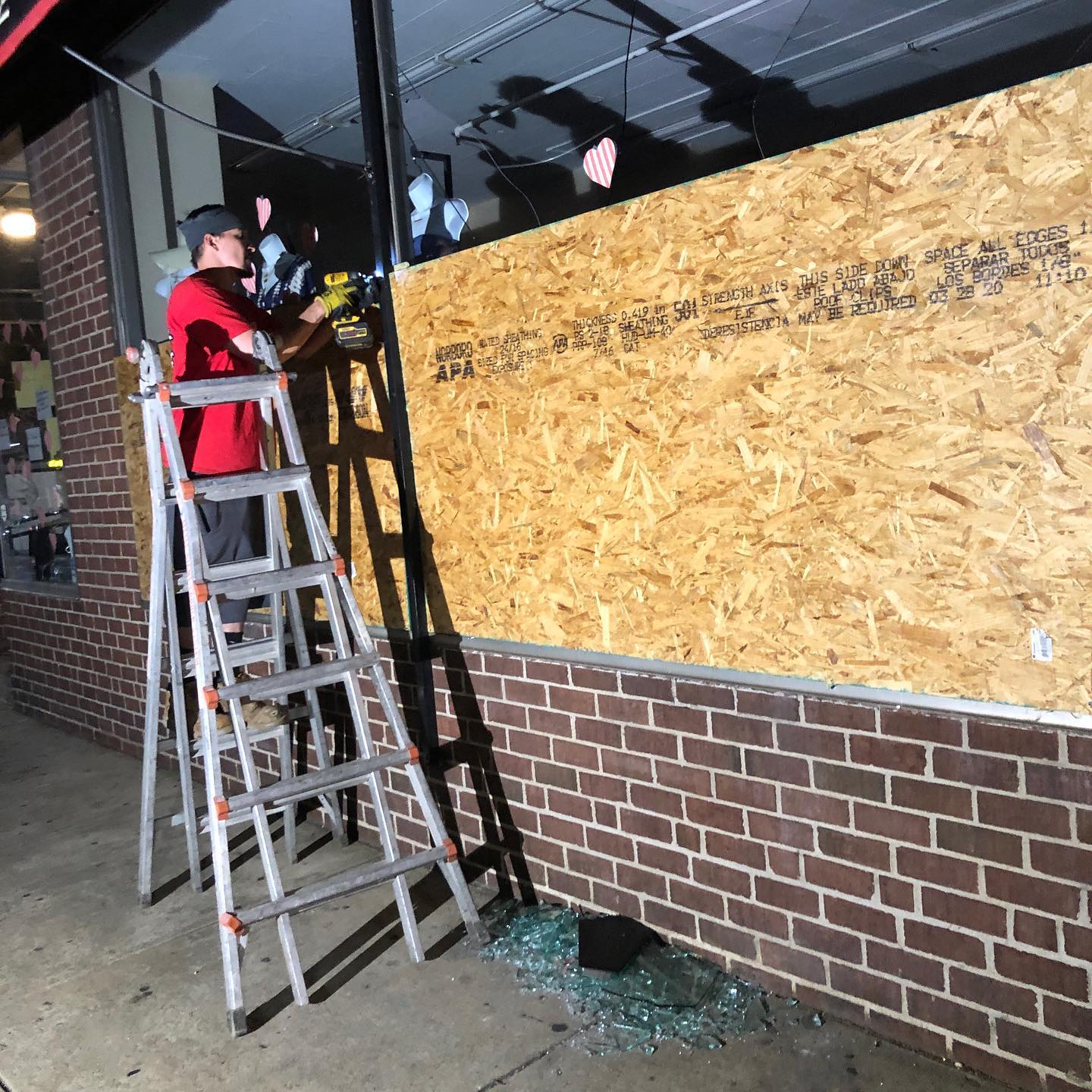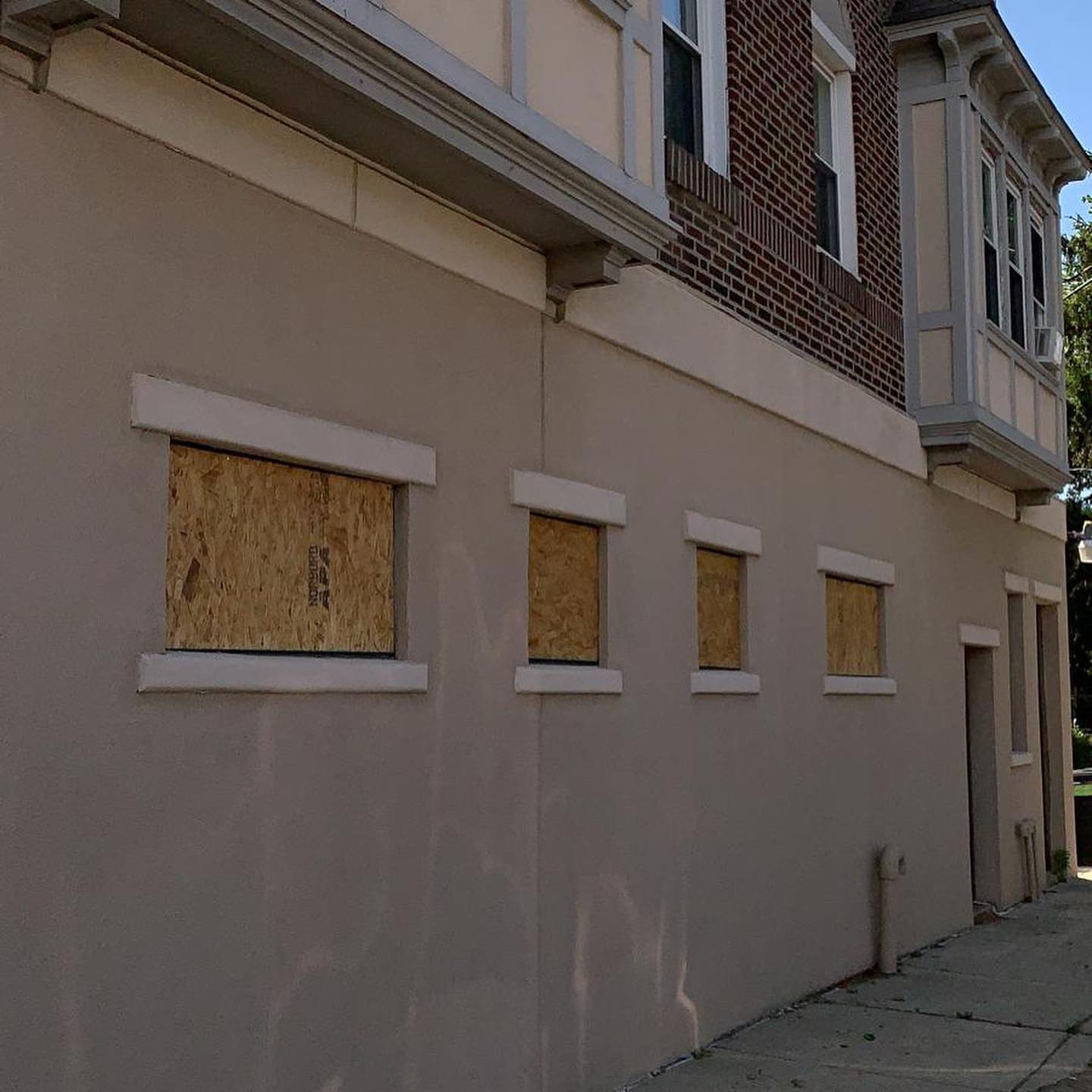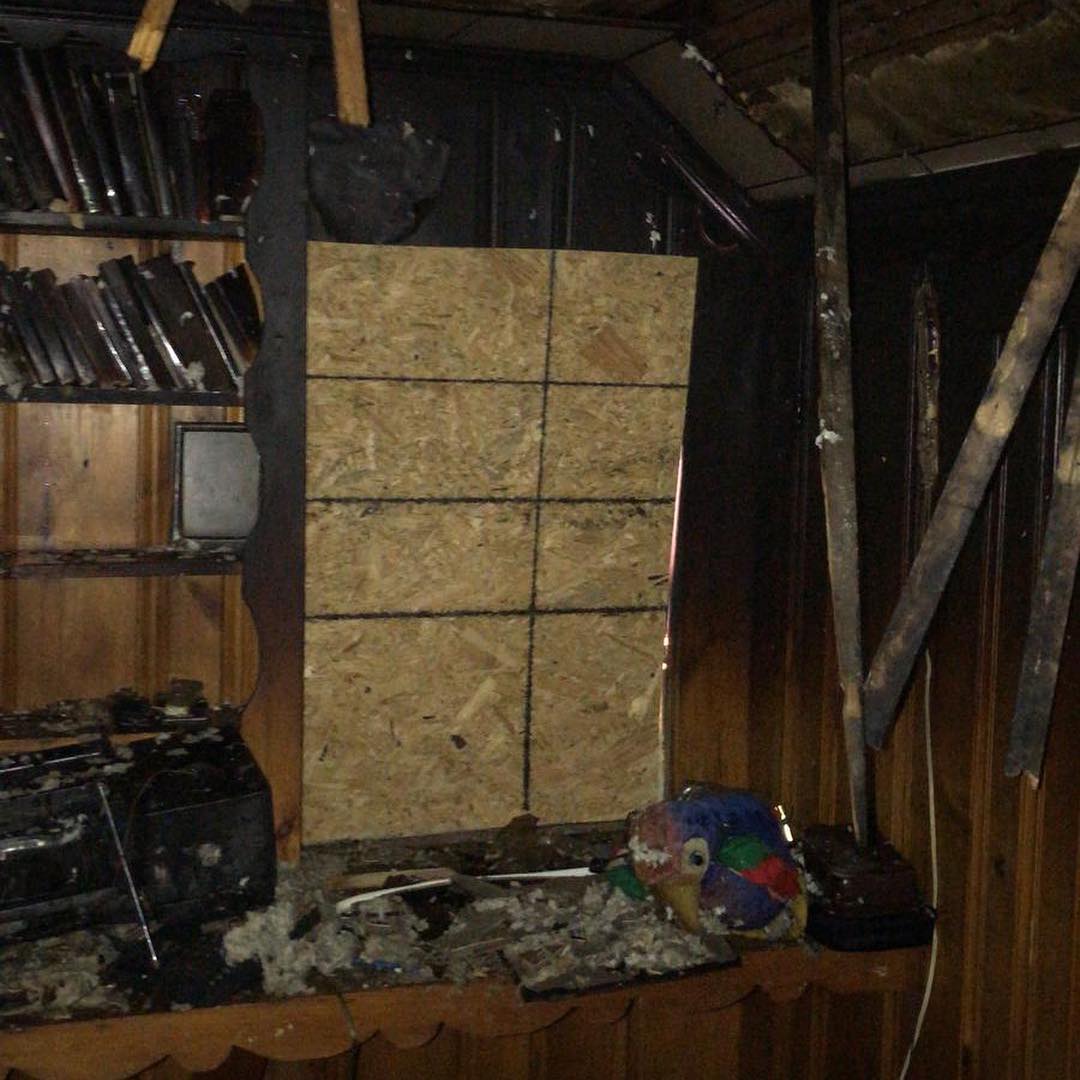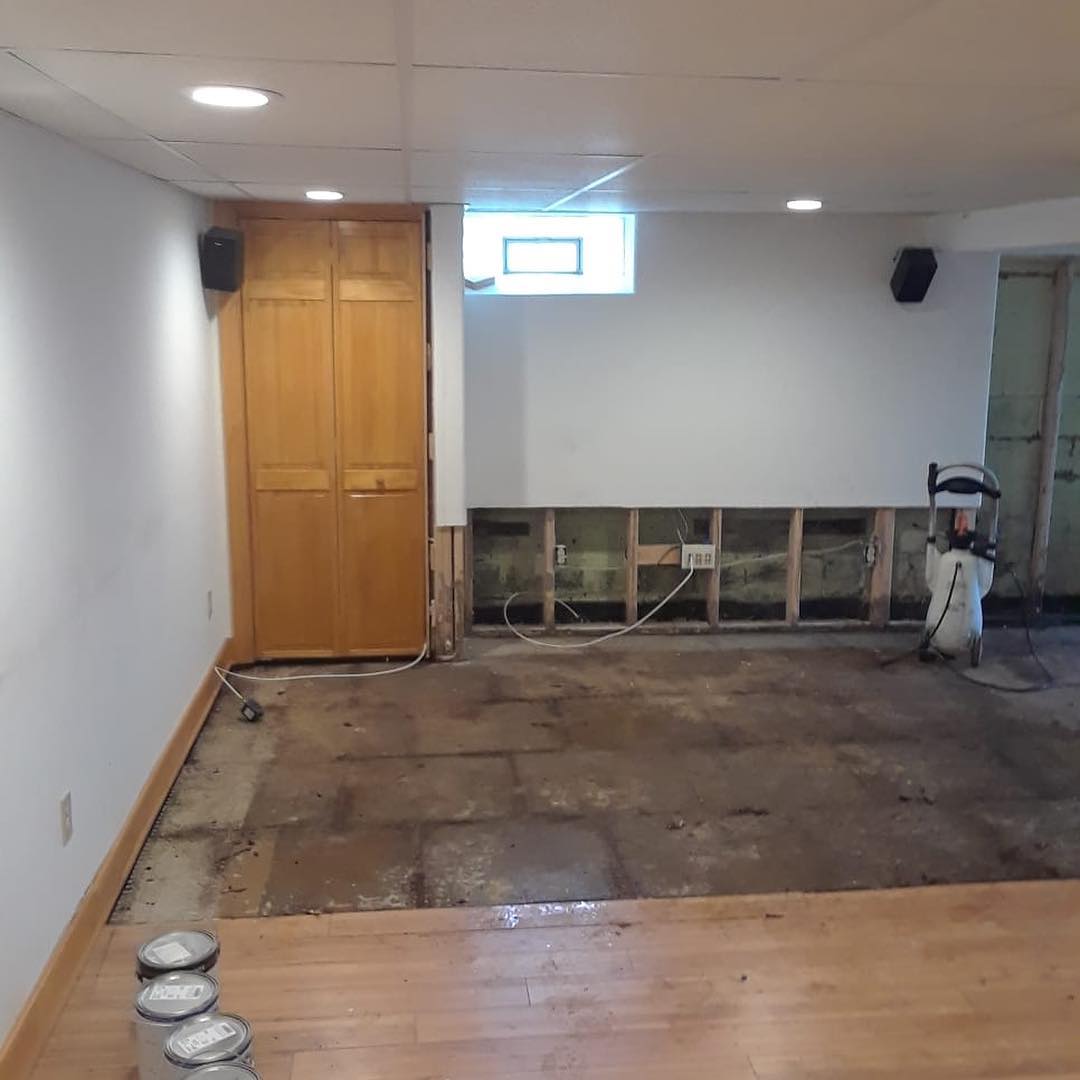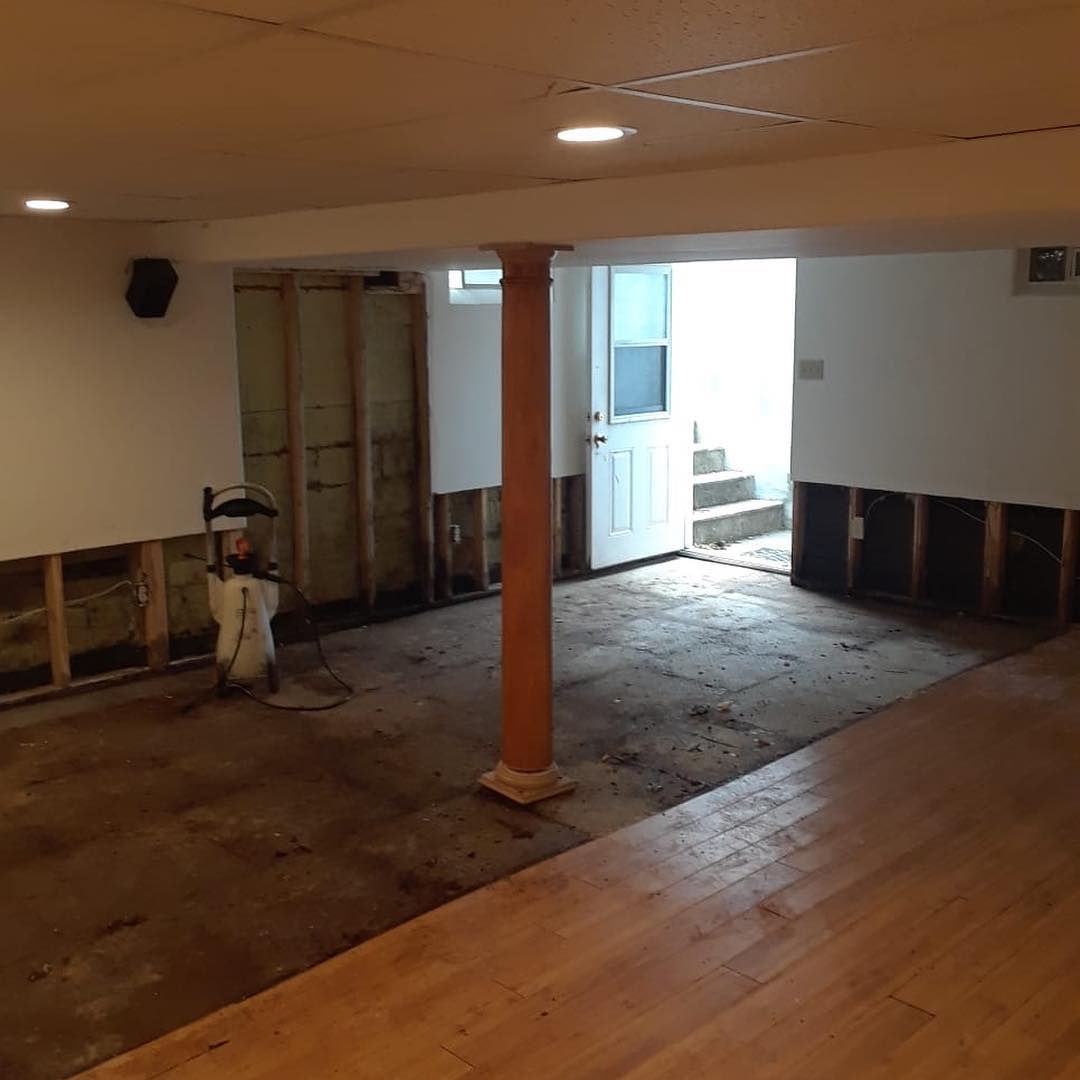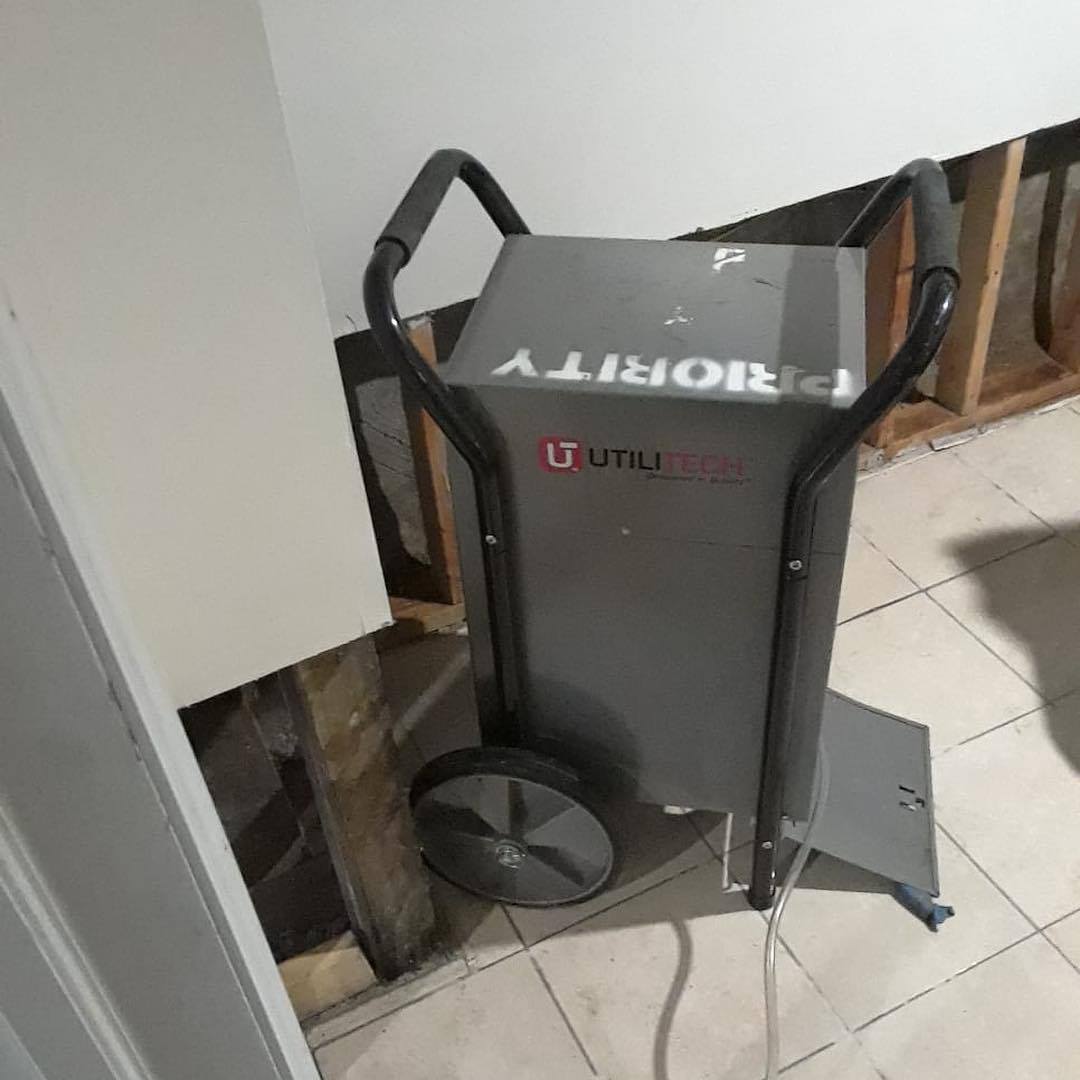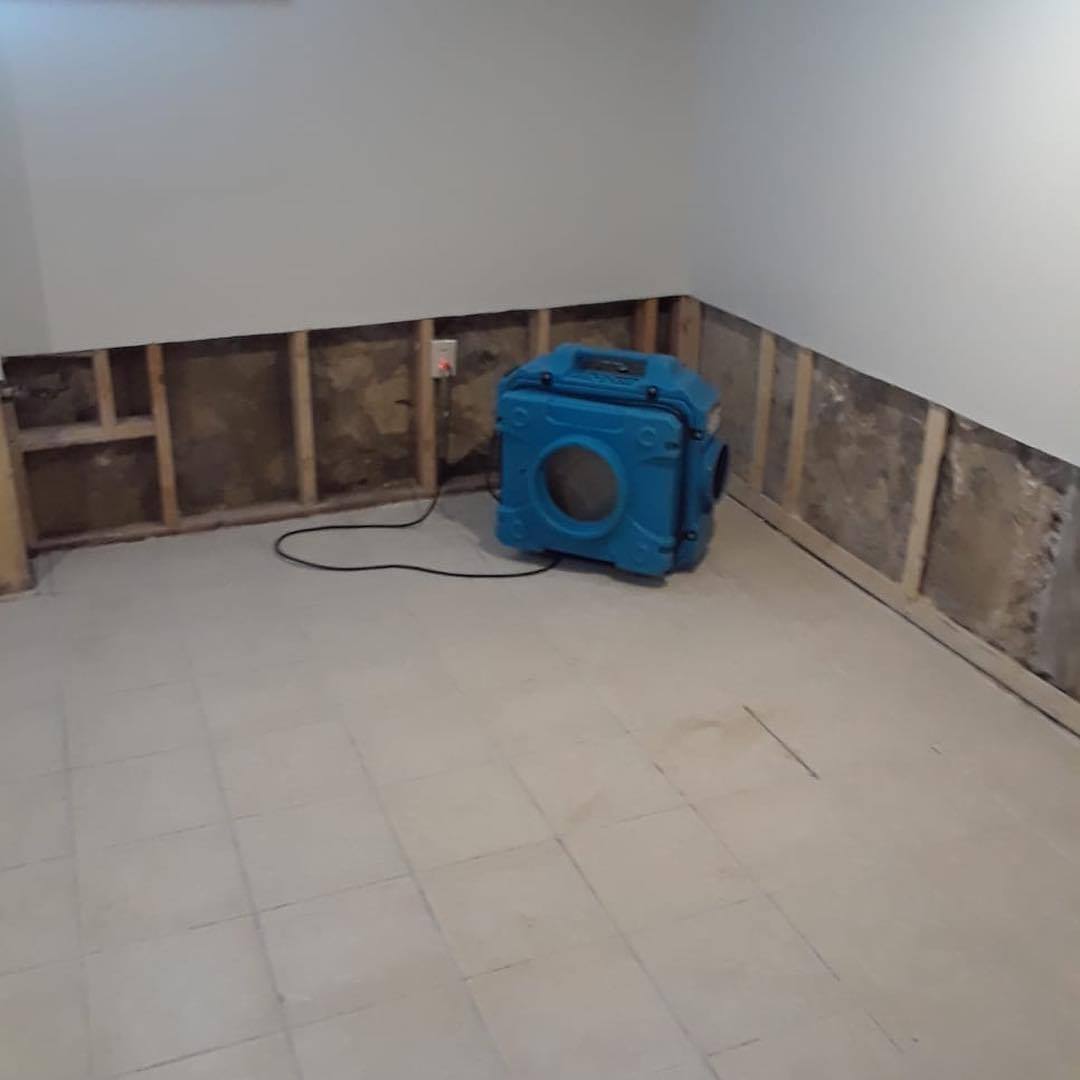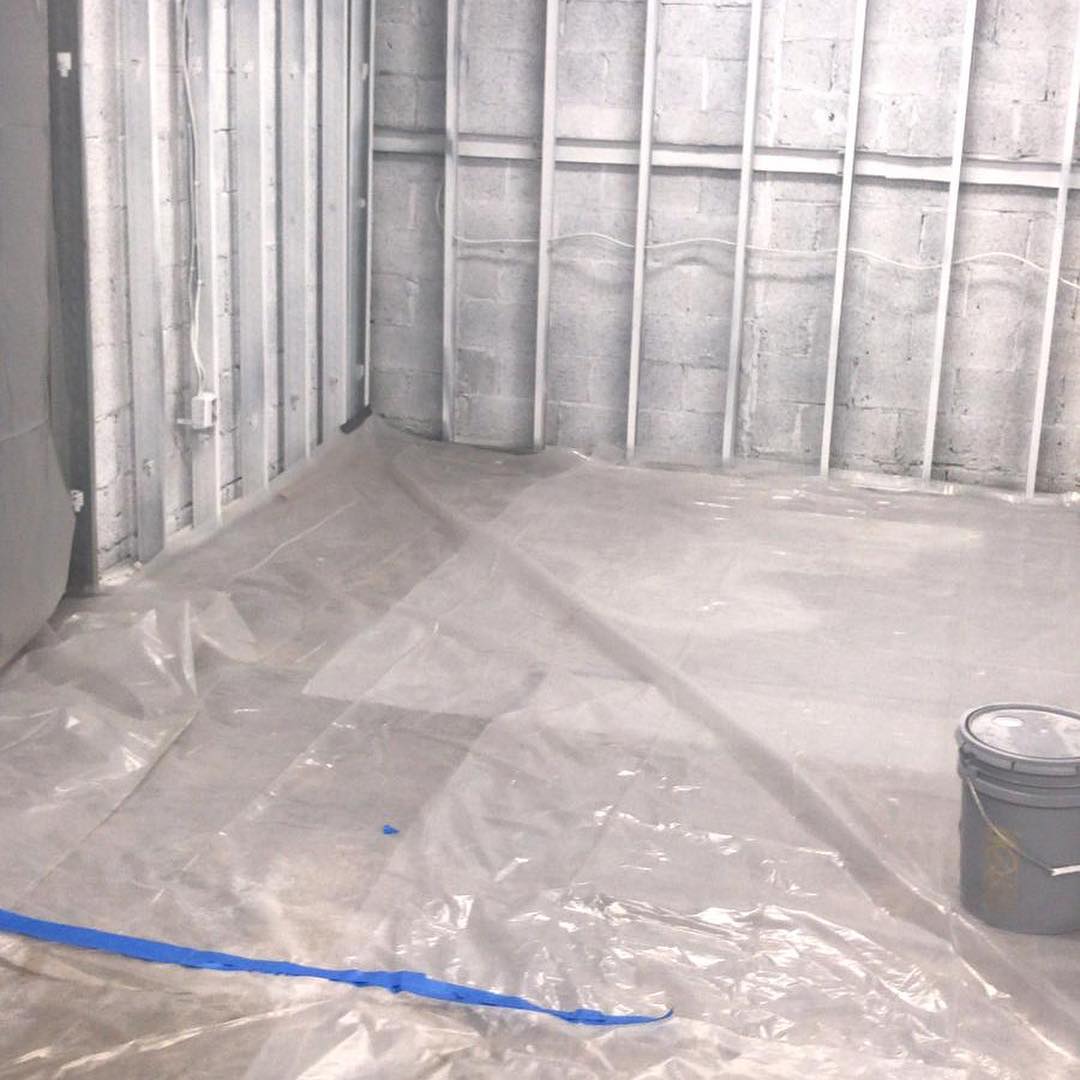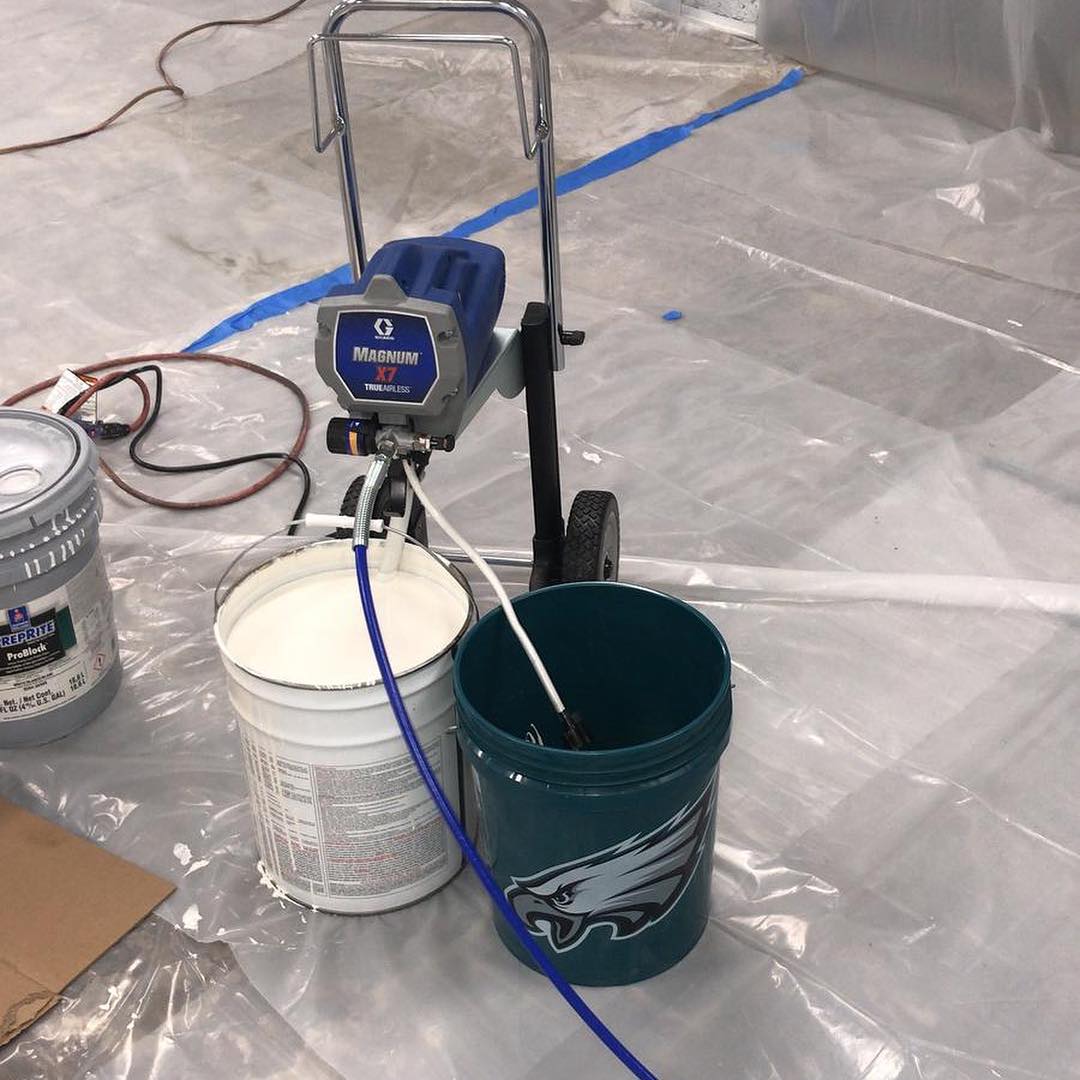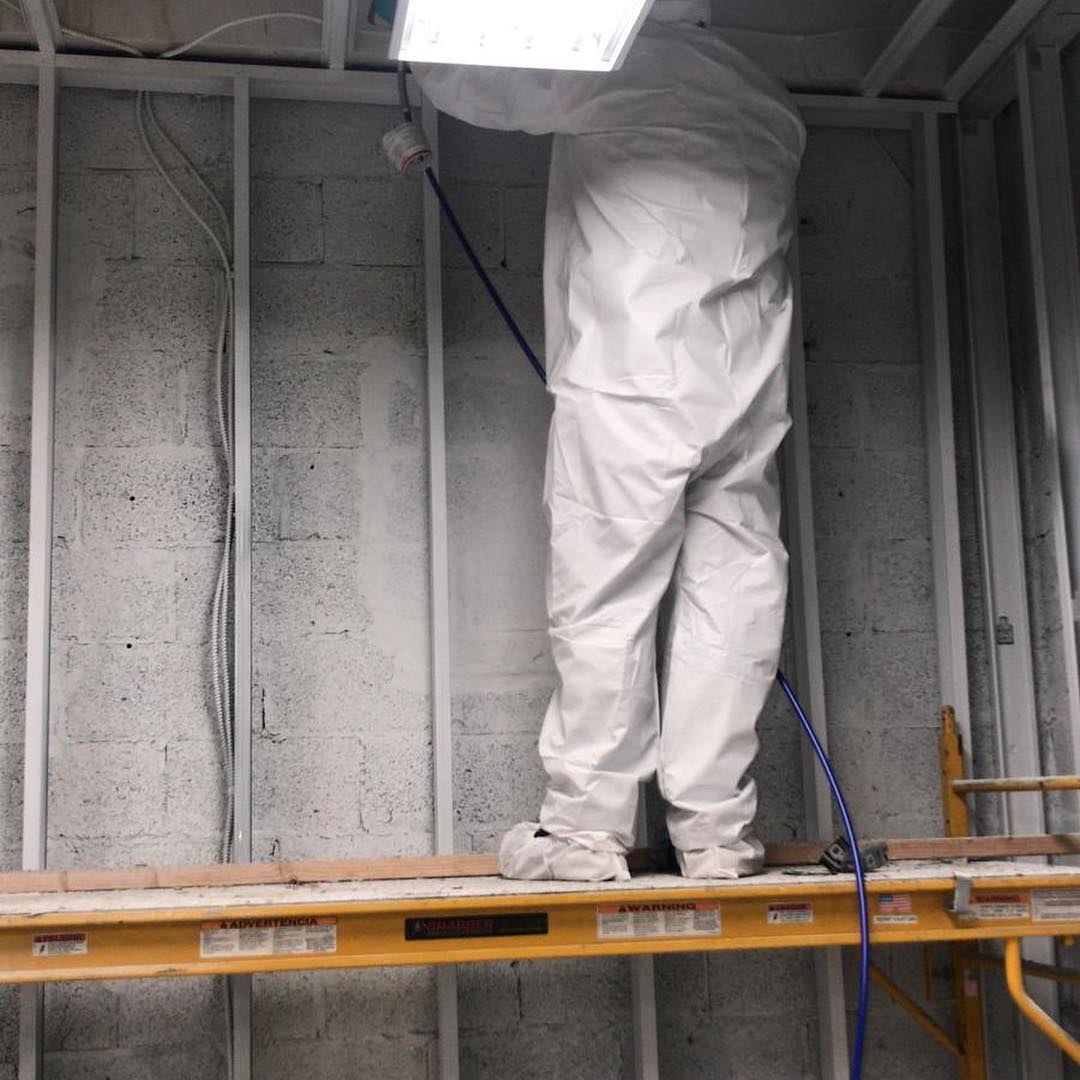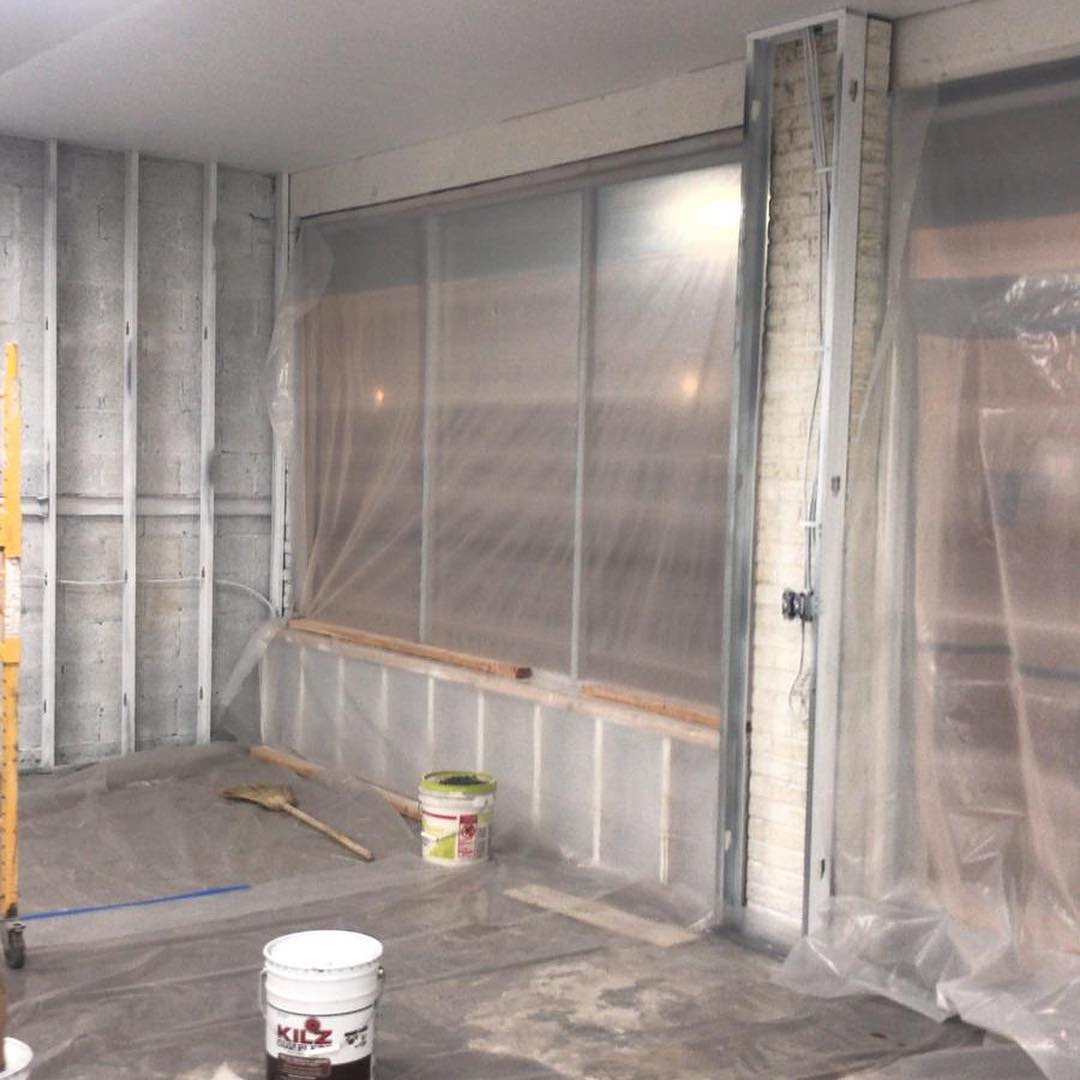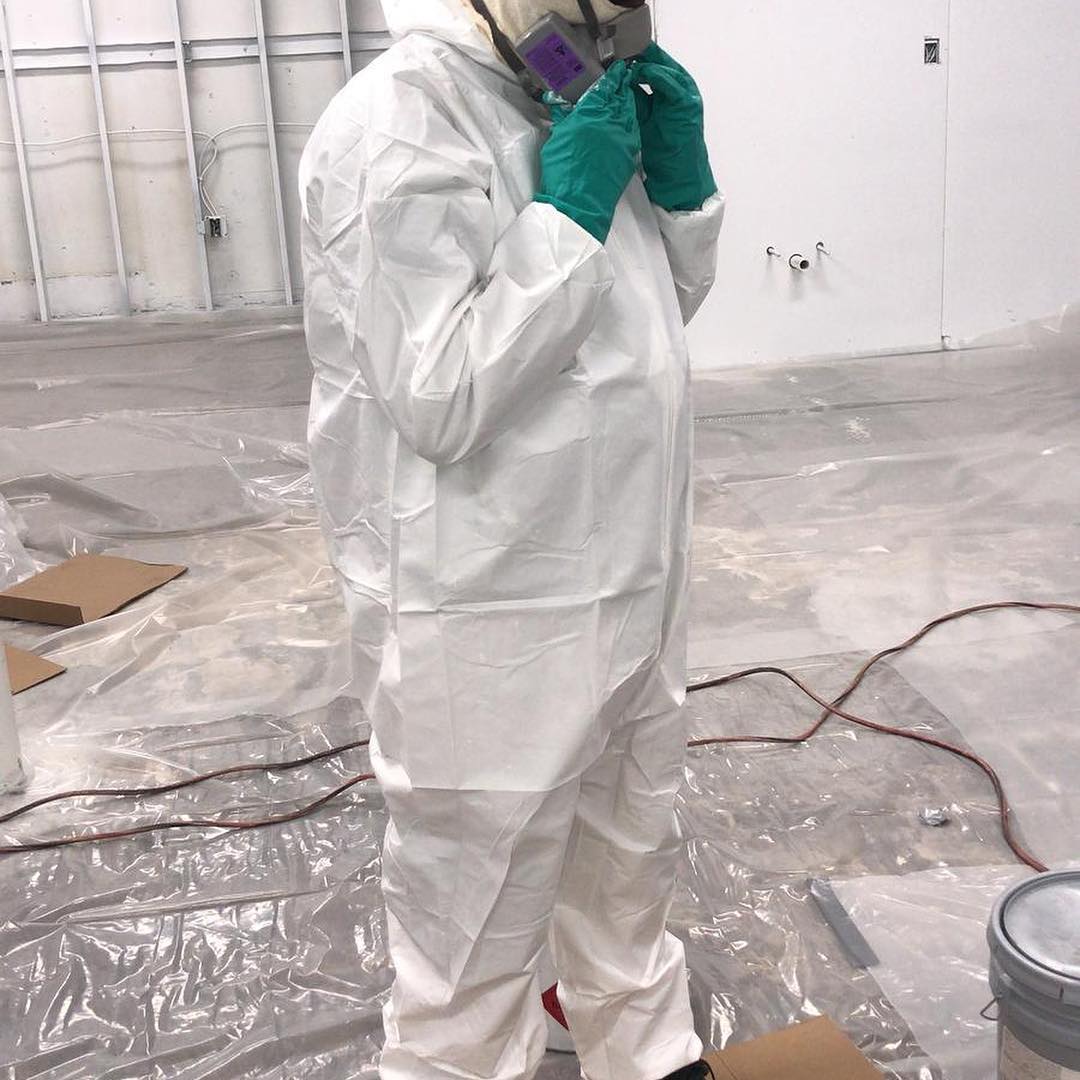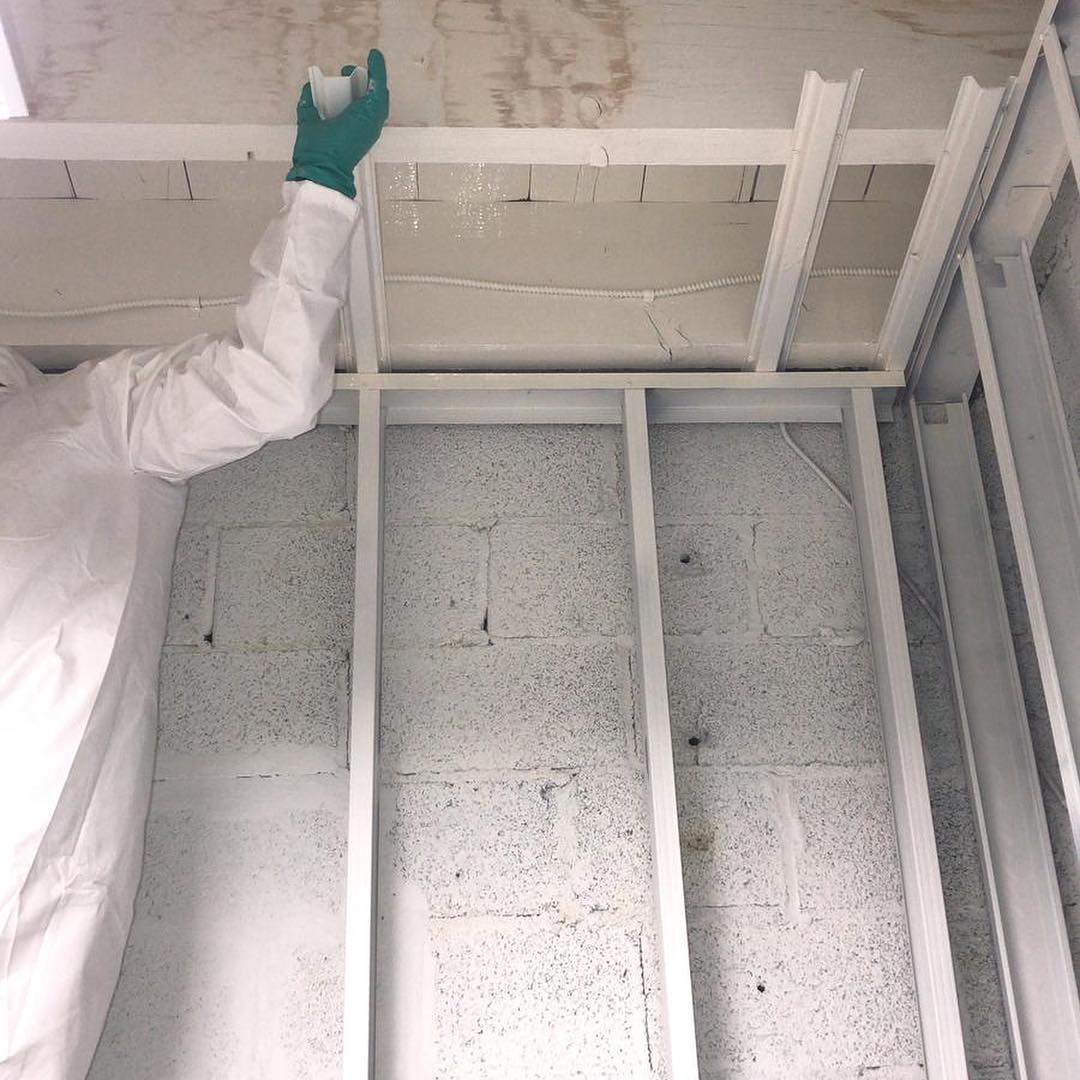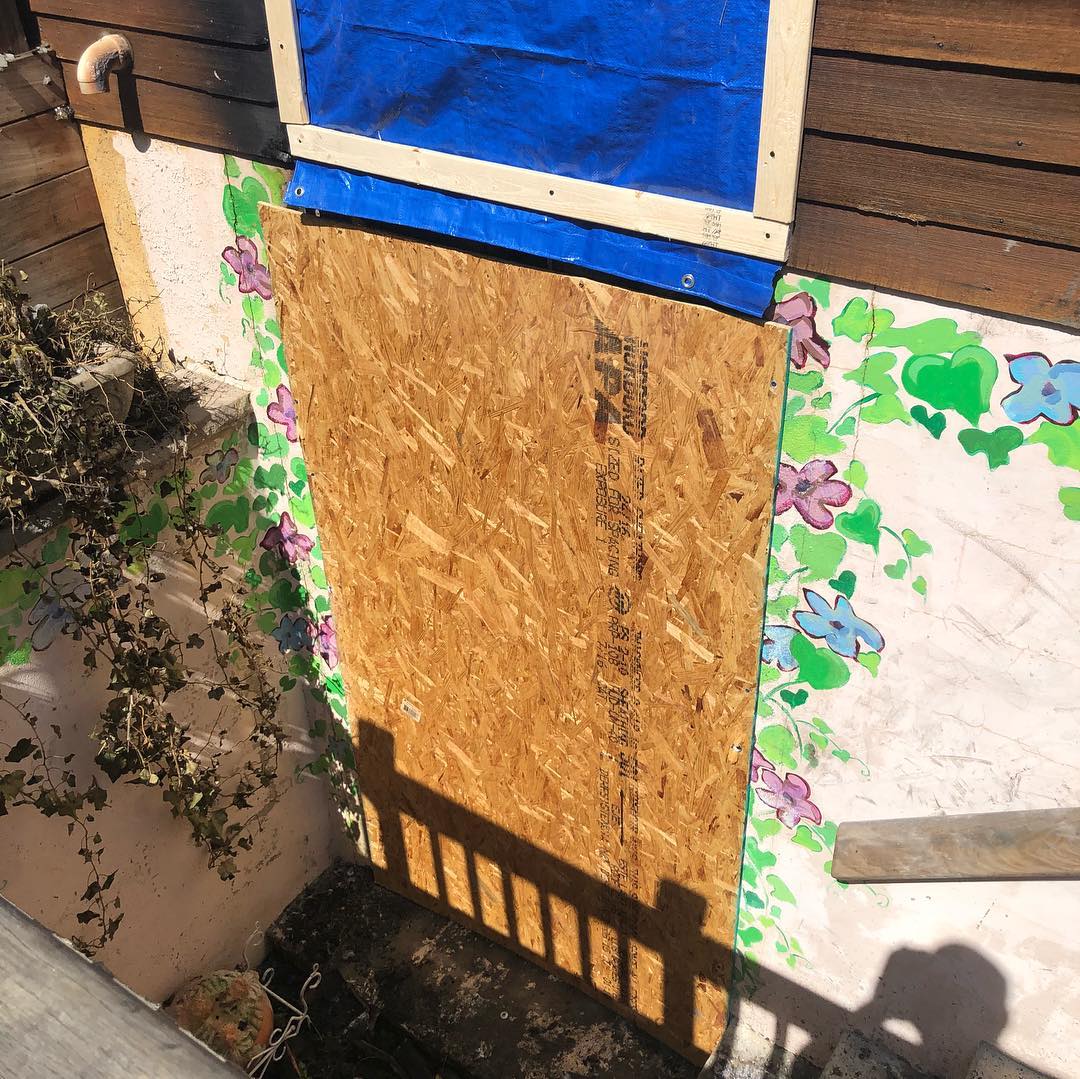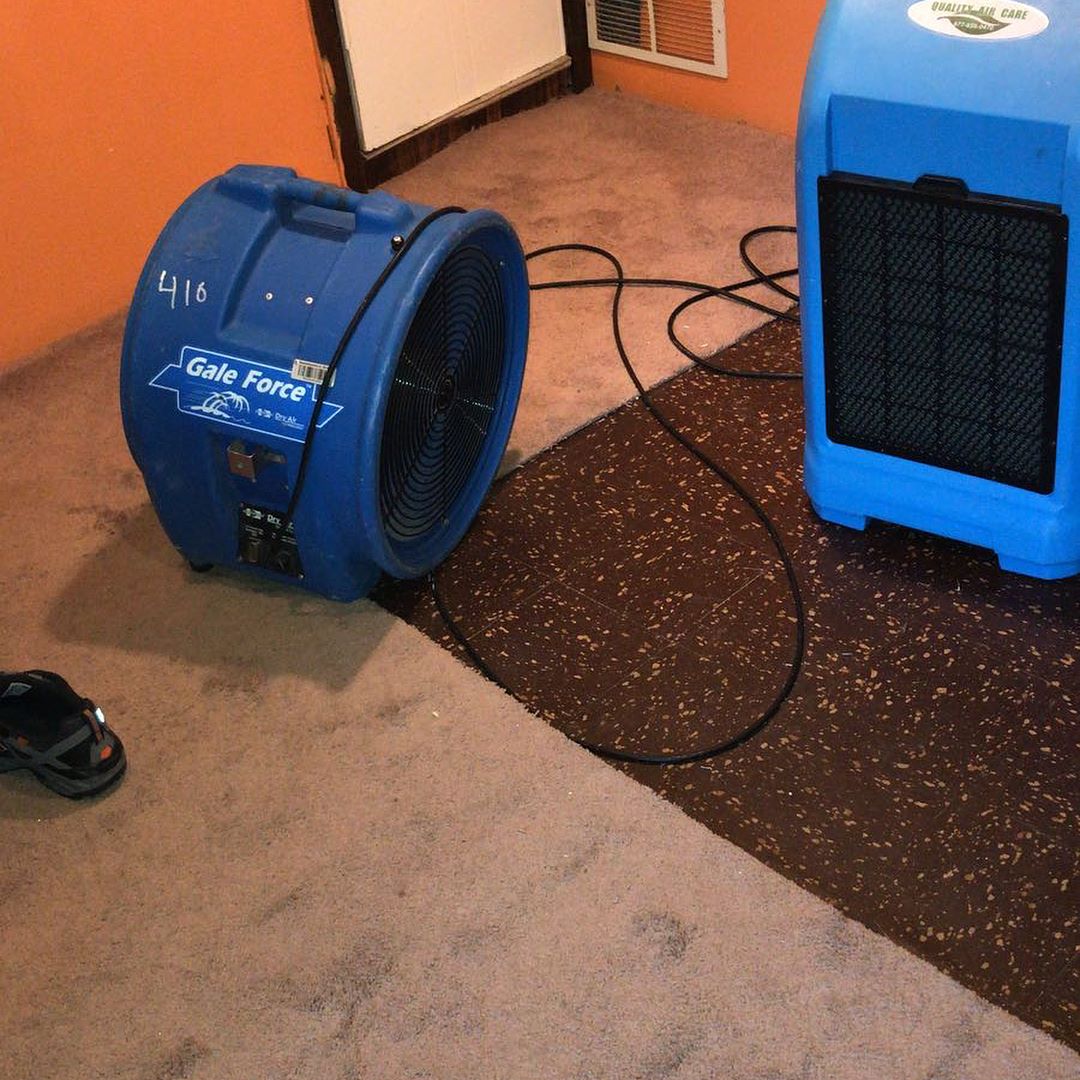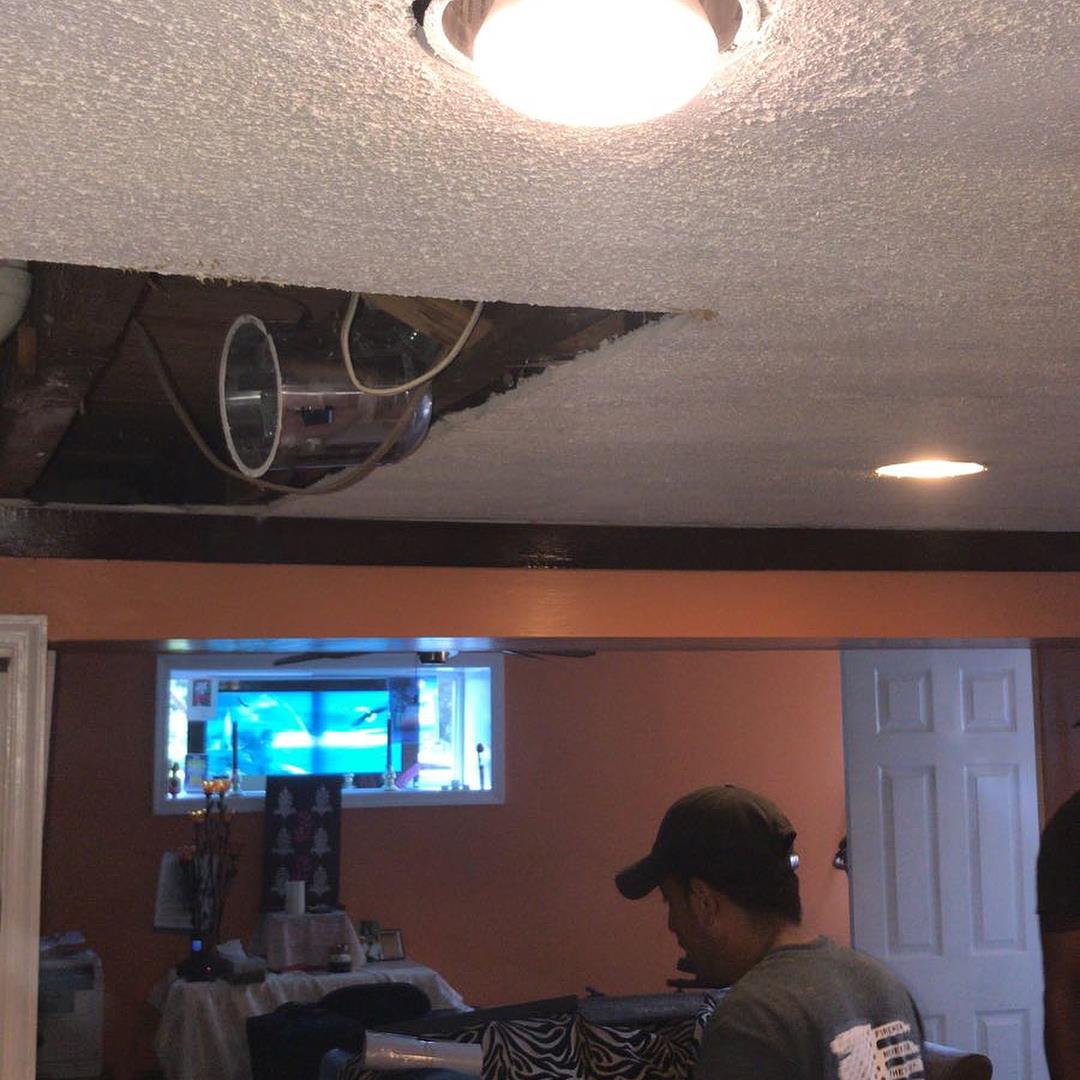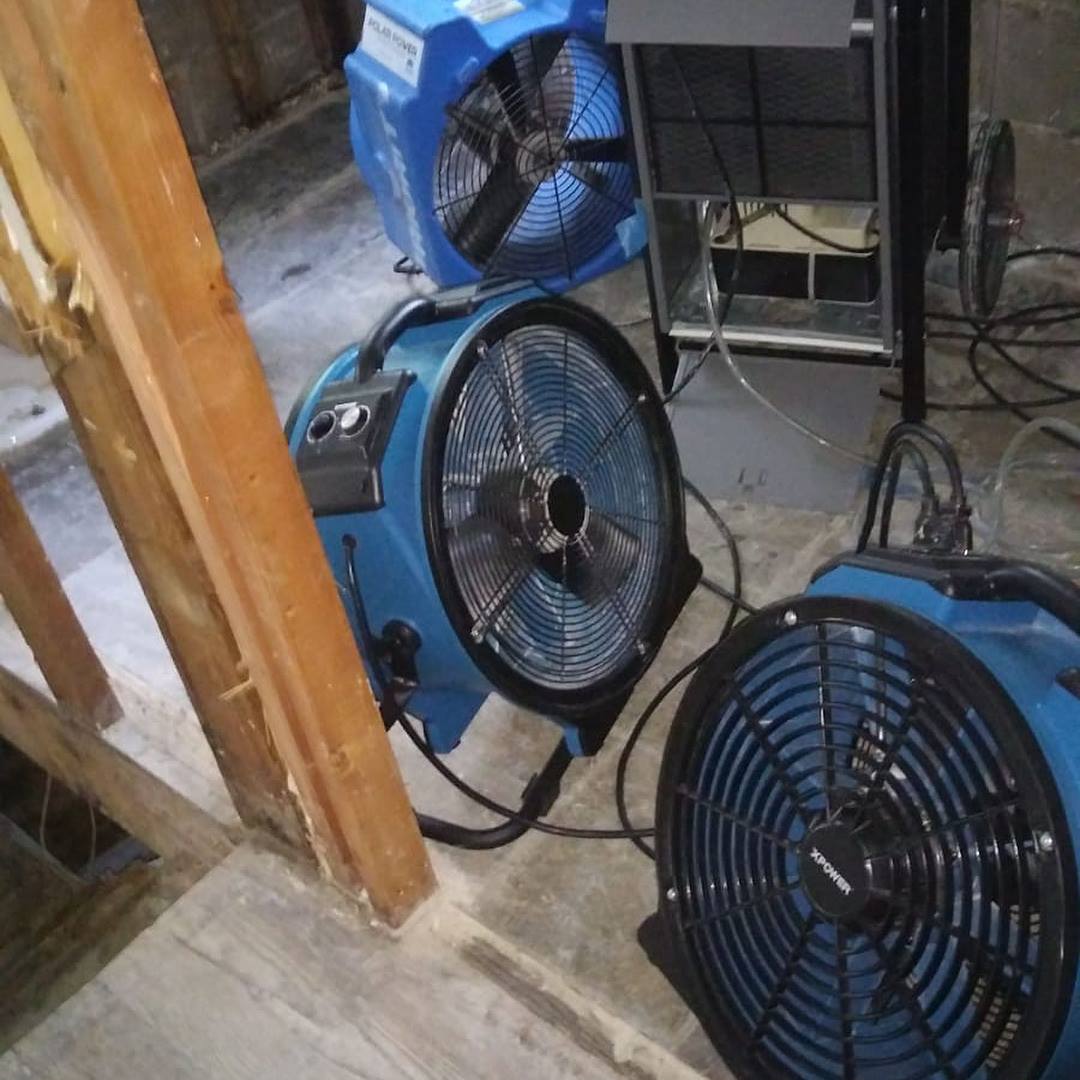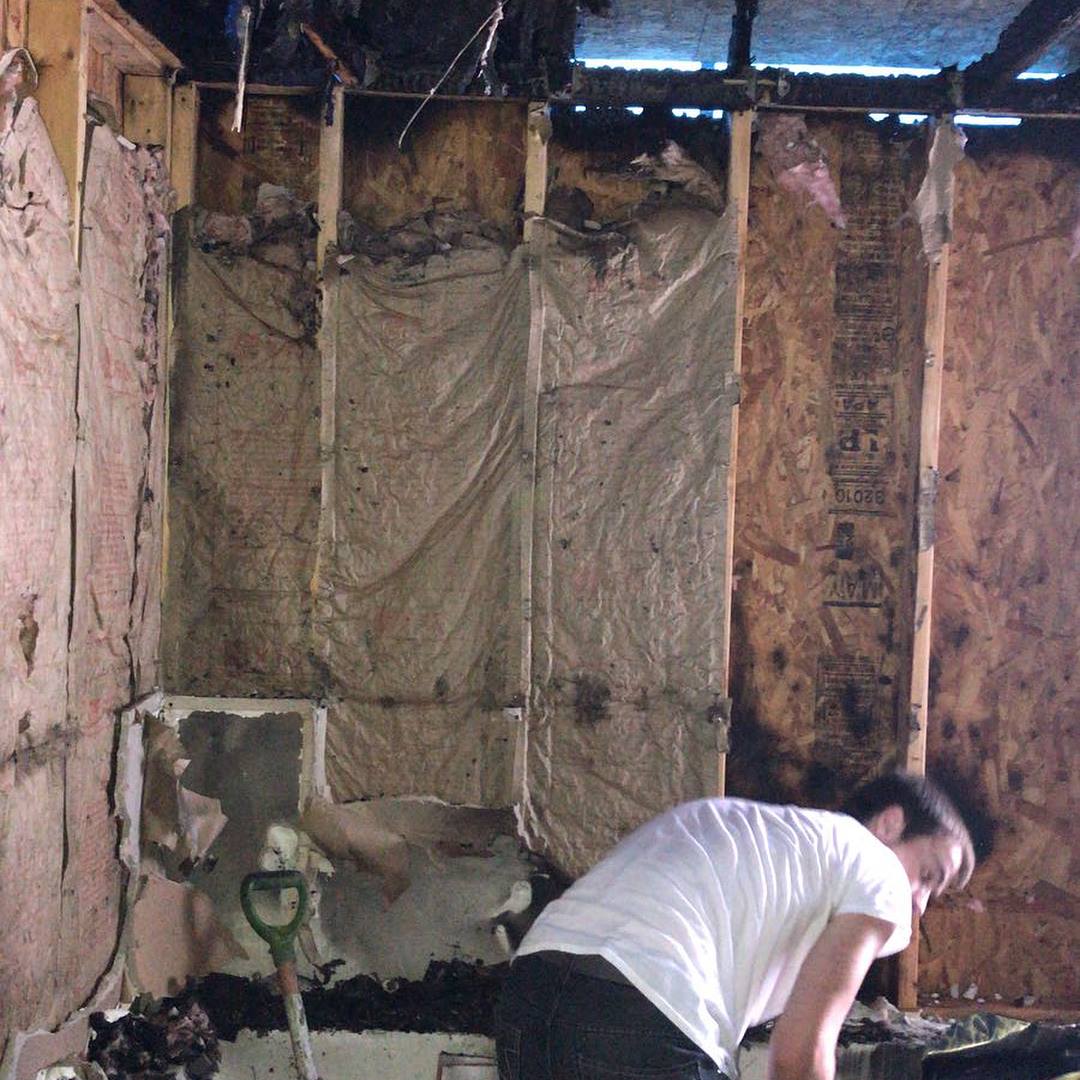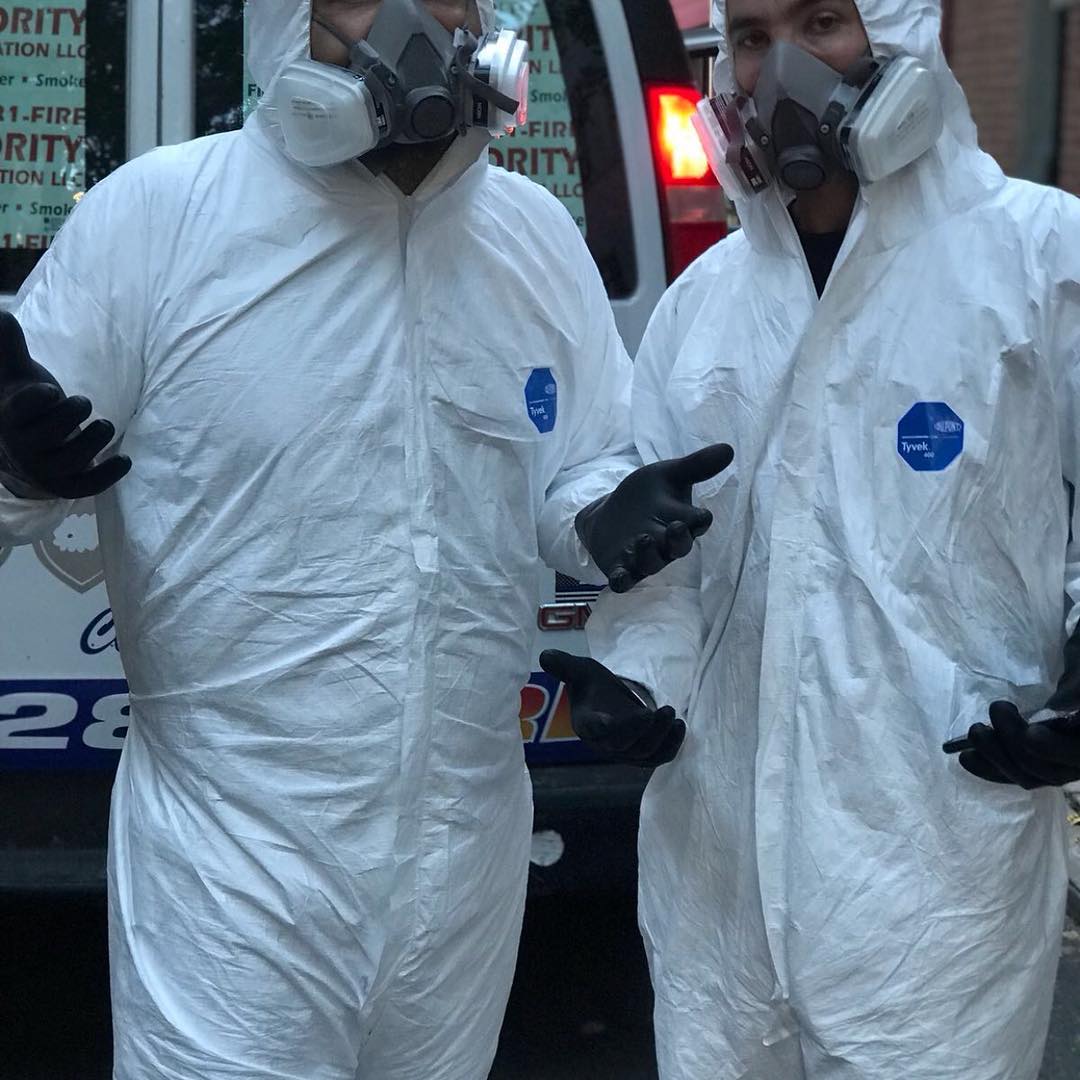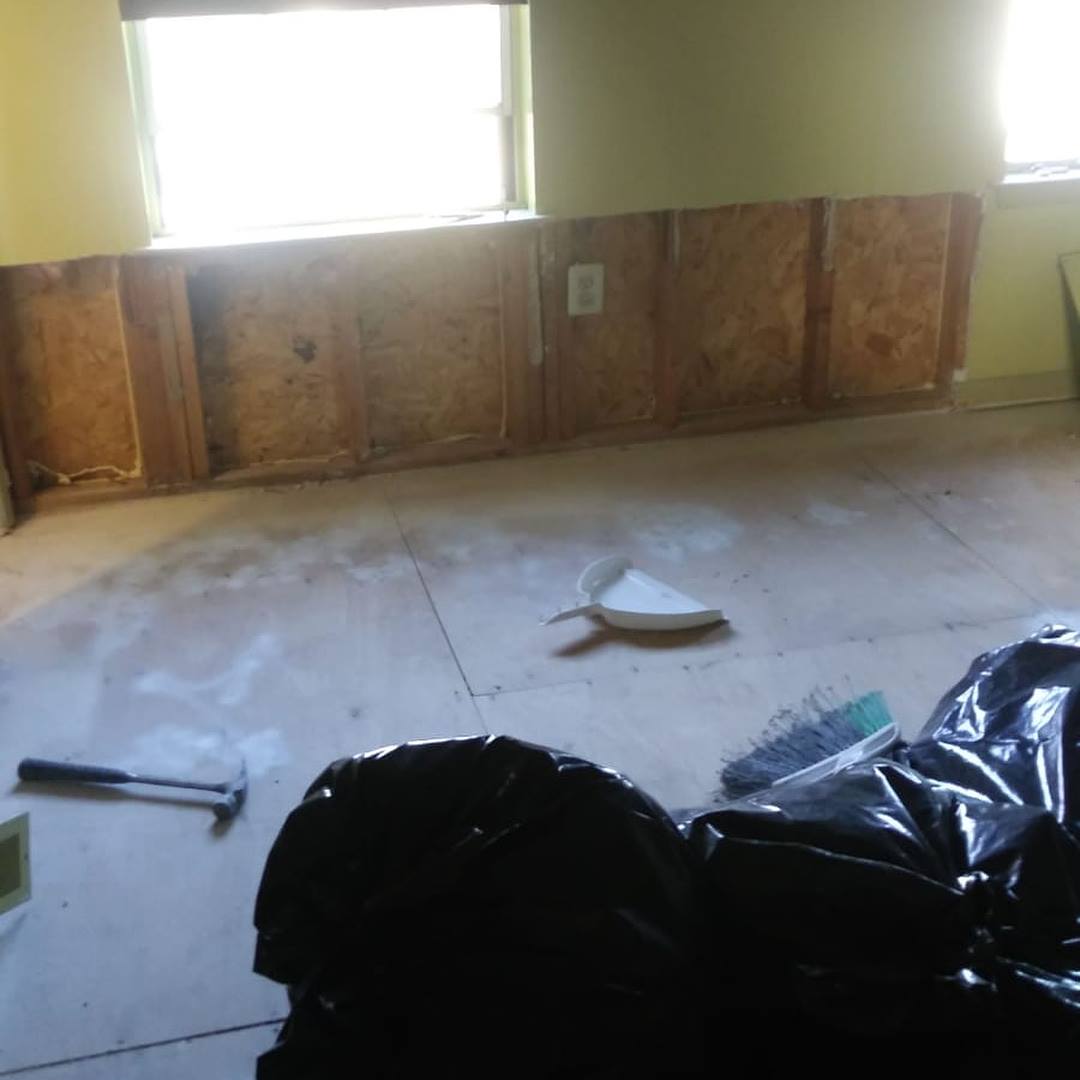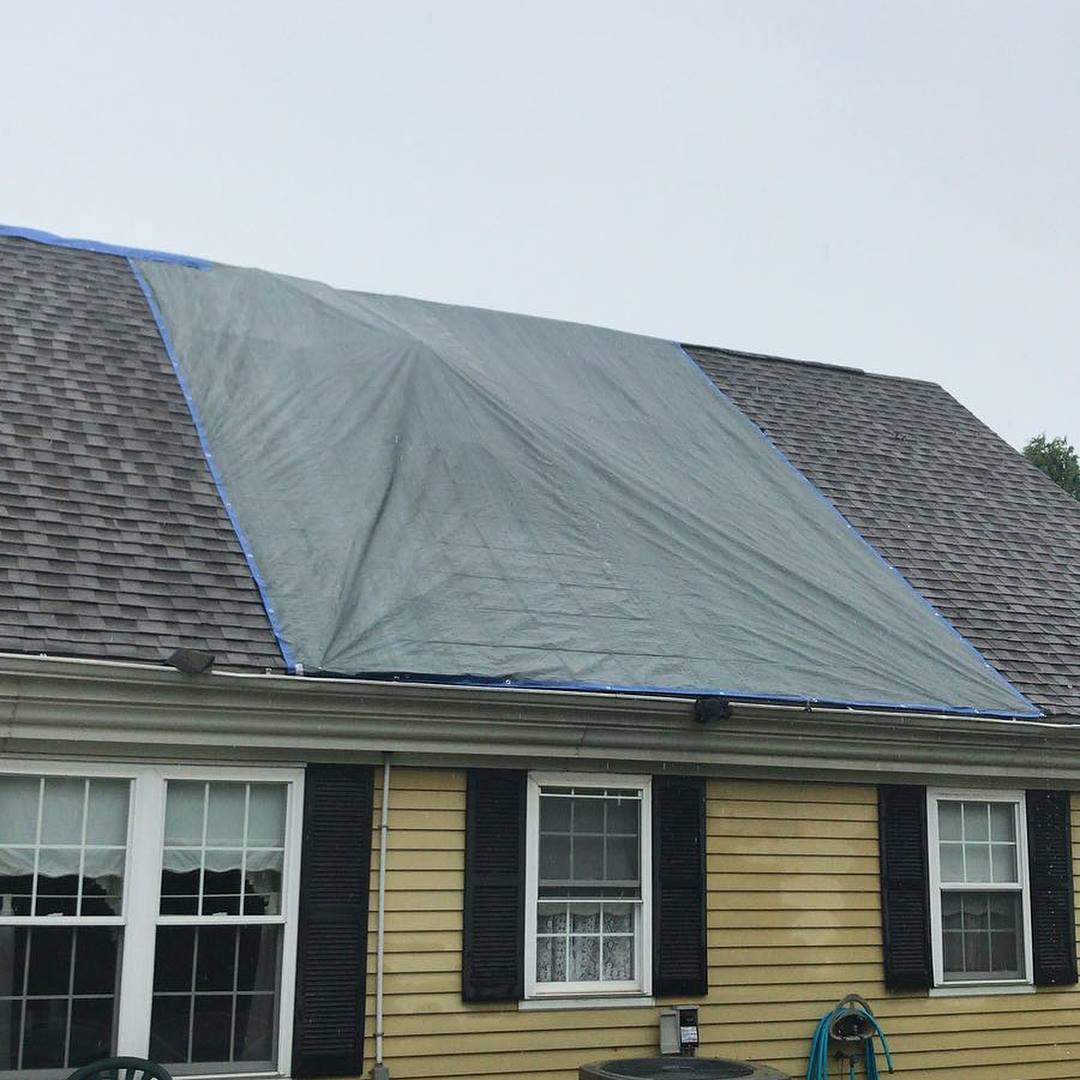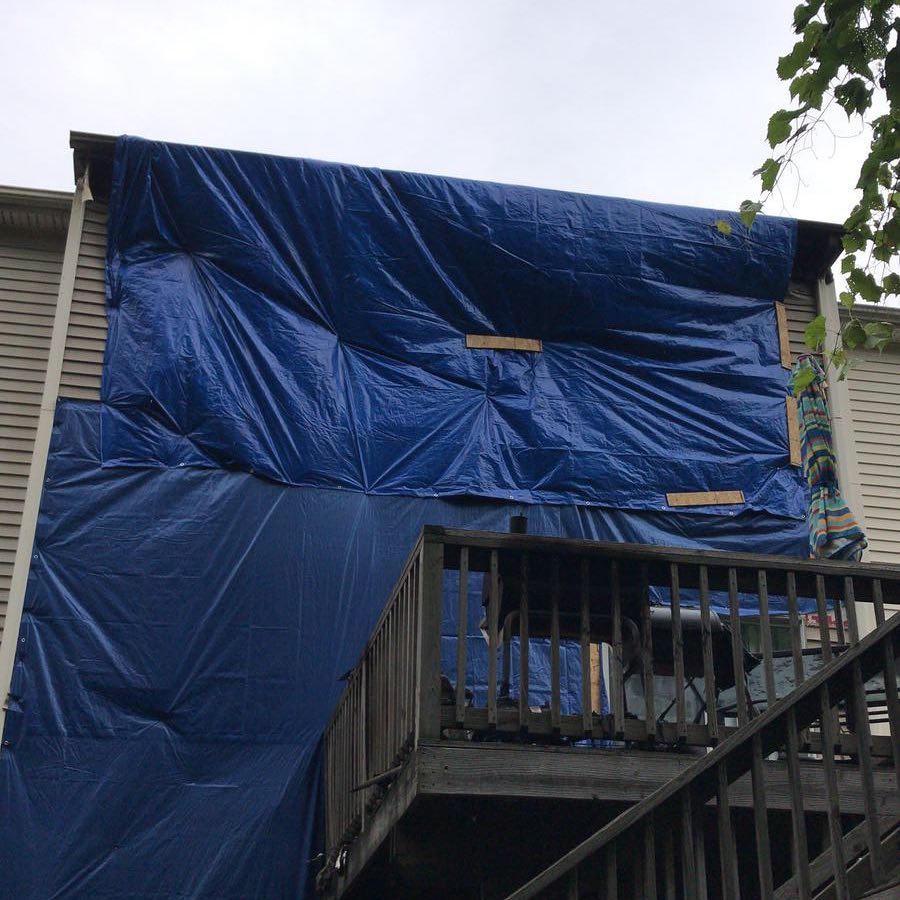
When dealing with bathroom water damage, you need a reliable and local team of Philly damage restoration experts in your corner. We've restored 100s of properties, both residential and commercial, in the Philly area and we're ready to come out and help you 24/7.
We're certified, insured, and work with all insurance companies. We understand how overwhelming it can be dealing with unexpected damage so let us assist you with your claim so you can focus on getting your life back on track.

Request a Free Estimate
or call (445) 234-4123
By submitting the form, you agree to our Terms of Service and Privacy Policy.
Water damage in bathrooms is a common but significant issue that many homeowners in Philadelphia face. At Philly Damage Restoration, we specialize in comprehensive water damage restoration services, ensuring your home remains safe and habitable.
Causes of Bathroom Water Damage
- Leaky Faucets and Fixtures: Dripping faucets or showerheads may seem minor, but over time, they can cause significant water damage. The continuous drip can lead to water accumulation, damaging your sink, countertop, and even the floor.
- Burst Pipes: Philadelphia's cold winters can cause pipes to freeze and burst, leading to severe water damage. Burst pipes in bathrooms are particularly problematic due to the proximity to other water-sensitive areas.
- Clogged Drains: Hair, soap, and other debris can clog bathroom drains, causing water to back up and overflow. This can damage floors, walls, and even ceilings if not addressed promptly.
- Faulty Plumbing: Old or poorly installed plumbing can leak over time, leading to hidden water damage. Regular inspections are crucial to identify and fix plumbing issues before they escalate.
- Poor Ventilation: Bathrooms are prone to high humidity levels. Without proper ventilation, this moisture can accumulate and lead to mold growth, which can damage walls, ceilings, and floors.
- Overflowing Toilets: Blocked toilets can overflow, causing immediate water damage to the bathroom floor and potentially other areas of the home if the water spreads.
Steps to Address Bathroom Water Damage
- Immediate Water Removal: The first step in bathroom water damage restoration is to remove any standing water. This prevents further damage and reduces the risk of mold growth.
- Thorough Inspection: At Philly Damage Restoration, we conduct a detailed inspection to identify the extent of the damage and the underlying causes. This allows us to develop a comprehensive restoration plan.
- Drying and Dehumidification: Using advanced drying and dehumidification equipment, we remove moisture from all affected areas. This step is crucial to prevent mold and mildew growth.
- Cleaning and Sanitizing: Water damage can introduce harmful contaminants into your home. We use professional-grade cleaning and sanitizing agents to ensure your bathroom is safe and clean.
- Restoration and Repairs: The final step involves repairing and restoring damaged areas. This may include replacing drywall, flooring, and fixtures. Our goal is to return your bathroom to its pre-damage condition.
Preventative Measures
- Regular Maintenance: Inspect faucets, showerheads, and plumbing regularly to identify and fix leaks promptly.
- Proper Ventilation: Ensure your bathroom has adequate ventilation. Use exhaust fans or dehumidifiers to reduce moisture levels.
- Install Drain Covers: Use drain covers to catch hair and debris, preventing clogs and potential overflows.
- Insulate Pipes: Insulate bathroom pipes to prevent freezing during Philadelphia's cold winters.
- Water Alarms: Install water alarms near potential leak sources to get early warnings of leaks or overflows.
Homeowners Insurance Policies
Understanding your homeowners' insurance policy is crucial when dealing with water damage. Most standard policies cover sudden and accidental water damage, such as that from a burst pipe. However, they may not cover damage resulting from neglect or lack of maintenance.
- Coverage for Sudden Damage: Events like burst pipes or overflowing toilets are typically covered under most homeowners' policies. Ensure you report such incidents promptly to your insurance company.
- Exclusions for Neglect: Damage due to long-term neglect, such as mold from untreated leaks, is often excluded. Regular maintenance and prompt repairs are essential to avoid these issues.
- Documentation: Keep detailed records of any damage, including photos and repair receipts. This documentation can be vital when filing an insurance claim.
- Professional Assessments: Insurance companies may require assessments from professional restoration companies like Philly Damage Restoration to determine the extent of the damage and the necessary repairs.
Why Professional Help is Essential
Dealing with bathroom water damage is not a DIY project. Here’s why professional help is crucial:
- Expertise and Experience: At Philly Damage Restoration, we have the expertise to identify and address all aspects of water damage. Our team is trained to handle even the most complex situations.
- Advanced Equipment: We use state-of-the-art equipment for water extraction, drying, and dehumidification. This ensures a thorough restoration process, minimizing the risk of secondary damage.
- Comprehensive Services: Our services go beyond water removal. We offer complete restoration, including cleaning, sanitizing, and repairs, ensuring your home is safe and restored to its original condition.
- Insurance Coordination: Navigating insurance claims can be daunting. We work directly with your insurance company to streamline the claims process, providing detailed assessments and documentation to support your claim.
Bathroom water damage can be a daunting issue, but with the right knowledge and professional help, it can be managed effectively. At Philly Damage Restoration, we are committed to providing top-notch water damage restoration services to homeowners in Philadelphia. From immediate water removal to comprehensive repairs, our team is here to help you every step of the way.
Frequently Asked Questions About Bathroom Water Damage in Philly
Common causes of bathroom water damage include leaky faucets and fixtures, burst pipes, clogged drains, faulty plumbing, poor ventilation, and overflowing toilets. These issues can lead to water accumulation, which may damage floors, walls, and ceilings if not addressed promptly.





















